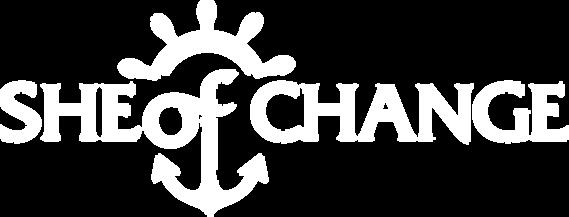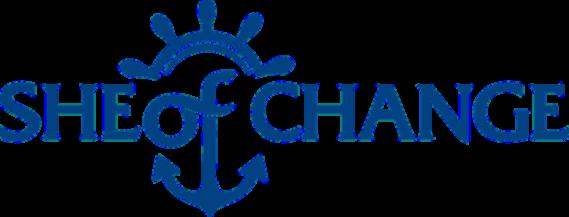
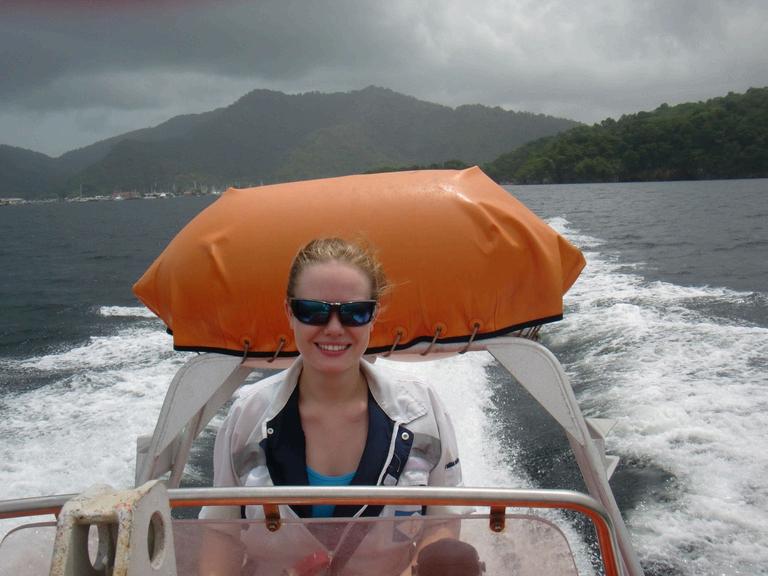
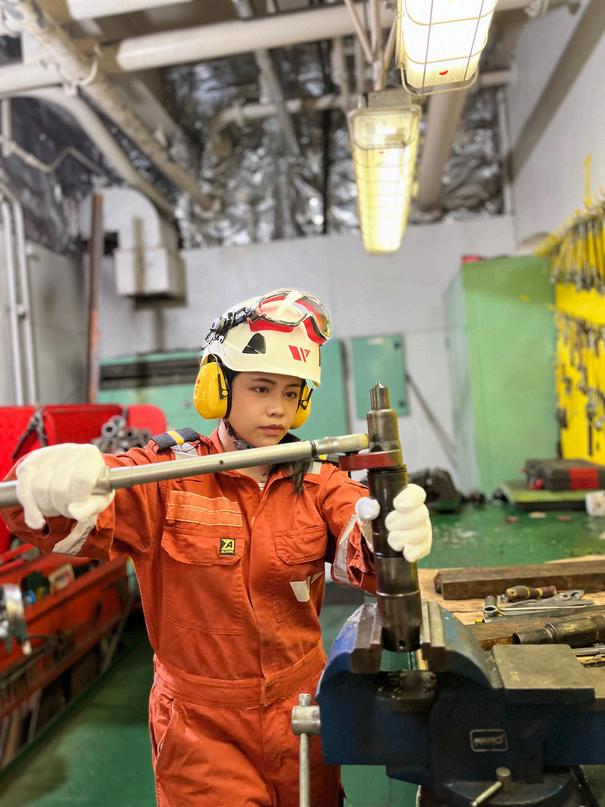

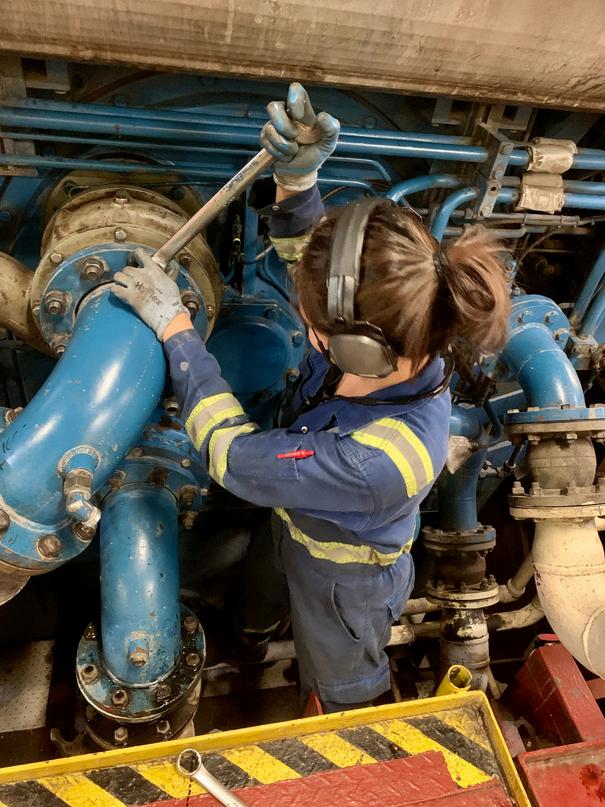
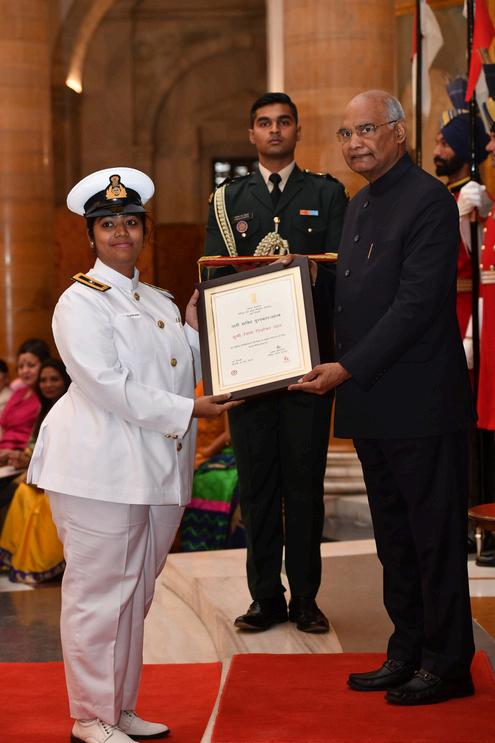


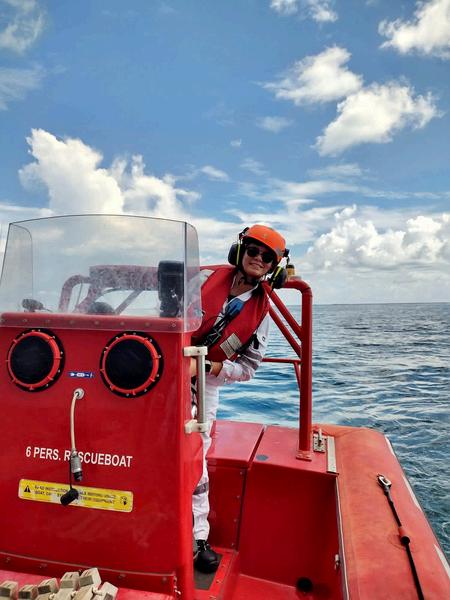
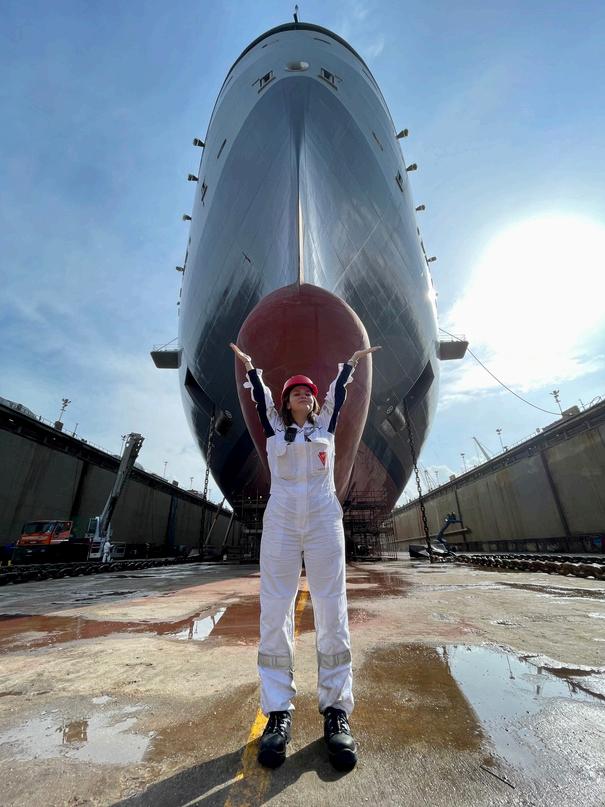


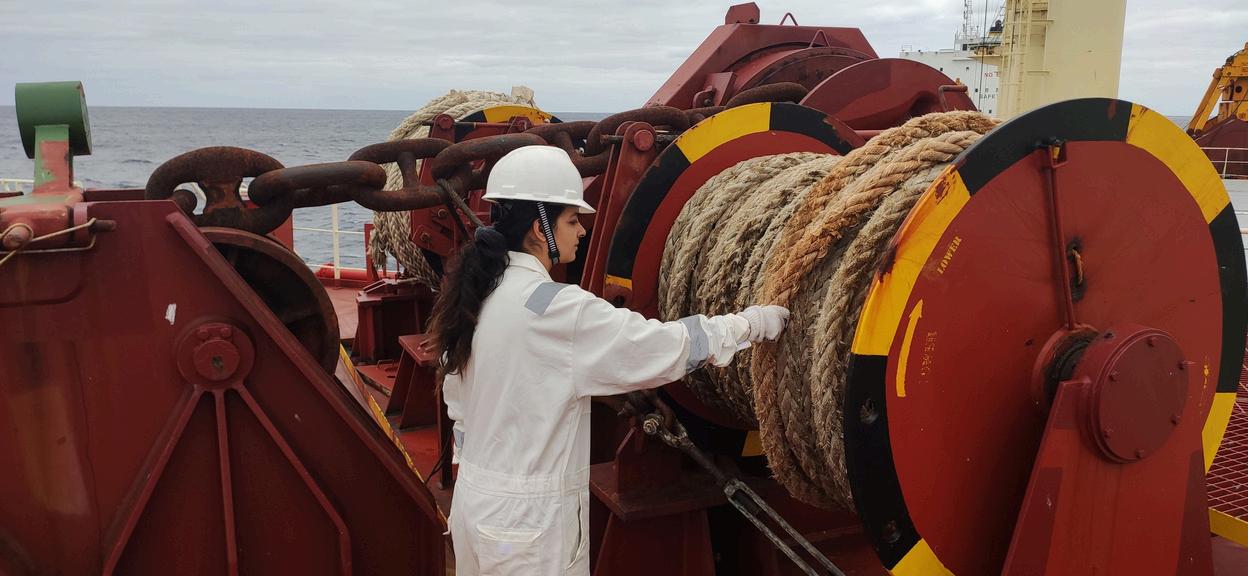




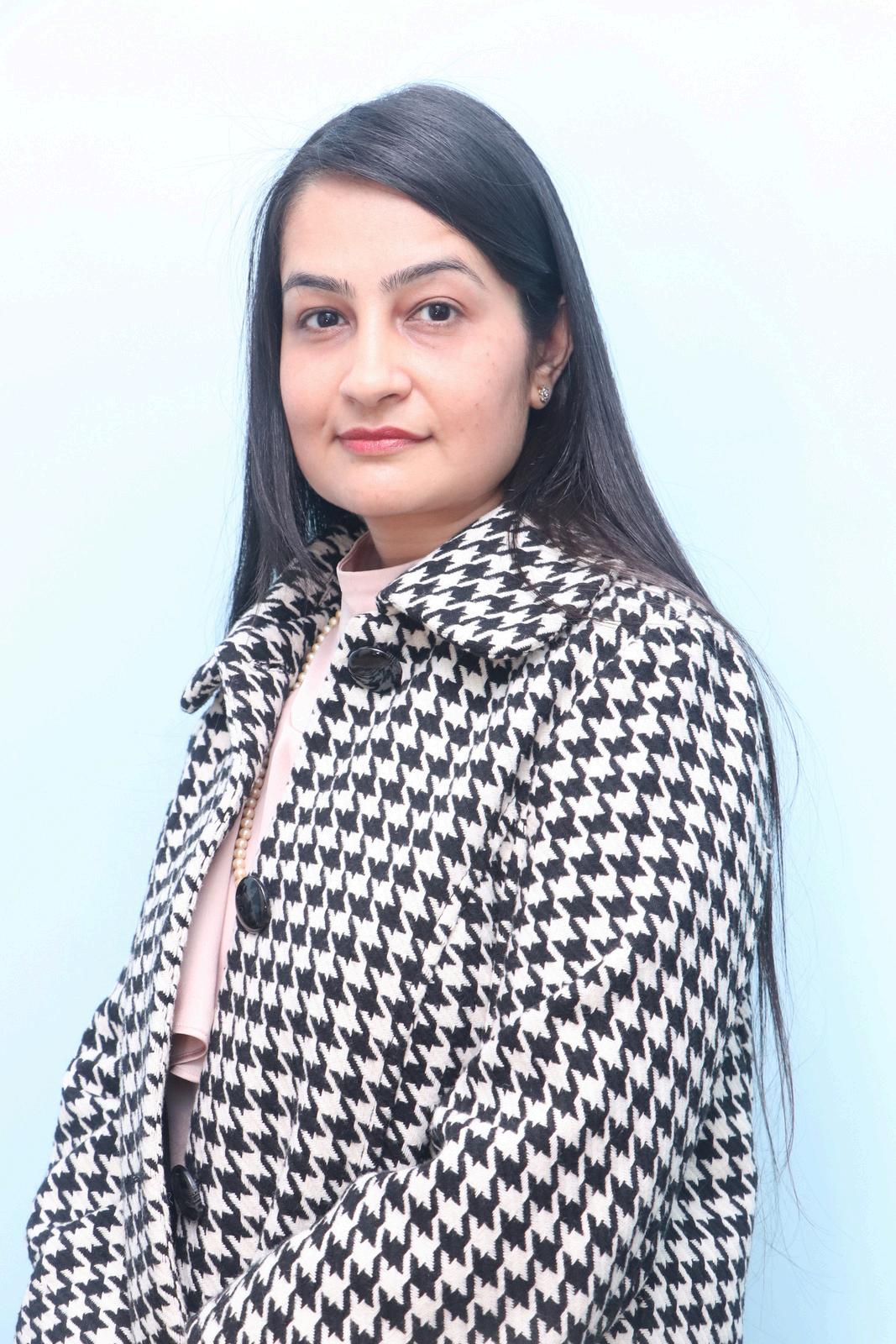





















My father always taught me to respect and love the sea, and I have warm memories of spending time by the water with my family. These experiences have given me a deep appreciation for the families who dedicate their lives to the ocean.
Today, I want to highlight the amazing women in the maritime industry who show incredible strength and determination. They are achieving great things, and I believe that one day we will no longer need to label them as “female” seafarers; they will simply be recognized as skilled professionals alongside their male peers.
The theme for this year is My Harassment Free Ship, an extremely important one, especially for women. The more open and accepting we are of a more diverse workforce, the less harassment we are bound to see onboard.
At Maritime SheEO, we are dedicated to supporting this change and empowering women in the maritime world. Let’s work together to create a more inclusive and welcoming future for everyone at sea.
Sincerely,
Sanjam Sahi Gupta
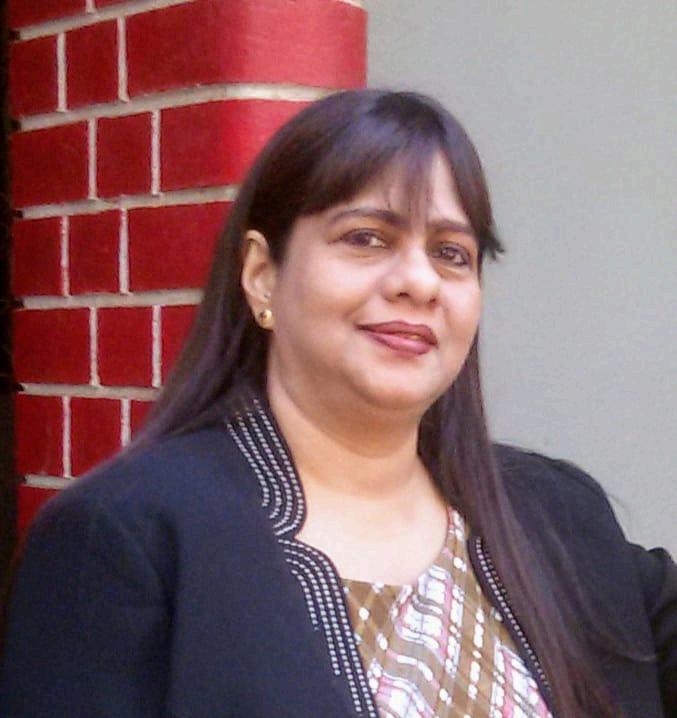


Greetings and a warm welcome to all our readers. This latest edition of “She of Change” is being released today 25 June in honour of the “Day of the Seafarer”. th
We invite you to explore the diverse narratives shared by women in the maritime industry as they recount their challenges and how they have overcome them through their unwavering spirit and resilience.
This edition covers several engaging articles, including "Breaking the Waves” which is a must read as it truly inspires and highlights the significant rise of Indian women in leadership positions across various domains of the maritime sector. Tineke Zoet, a Maritime Workplace Coach, elaborates on how safety at sea commences with women expressing their concerns and confronting barriers. This article is both motivational and educational.
Additionally, please take a moment to read the article discussing MOL's commitment to empowering women seafarers by prioritizing their well-being and fostering inclusivity. In another piece, women in the maritime field share their experiences regarding the challenges they face due to stereotypical attitudes against them. There are more narratives which will keep you captivated and inspired. Finally, our sincere thanks to all seafarers for their service, dedication and bravery, which are vital for a better world for everyone. Happy Seafarer’s Day!
Sincerely,
Loretta Fernandes
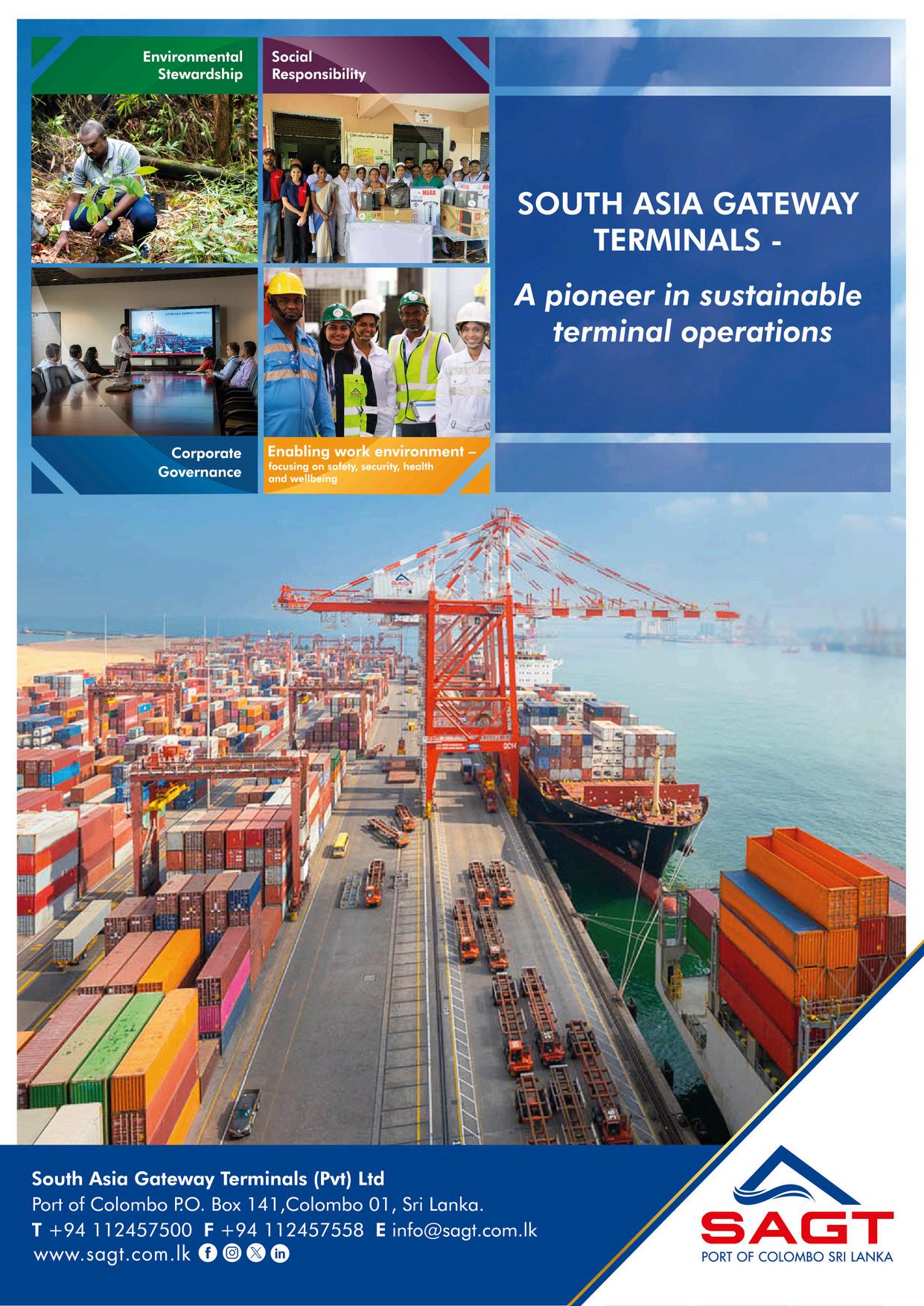

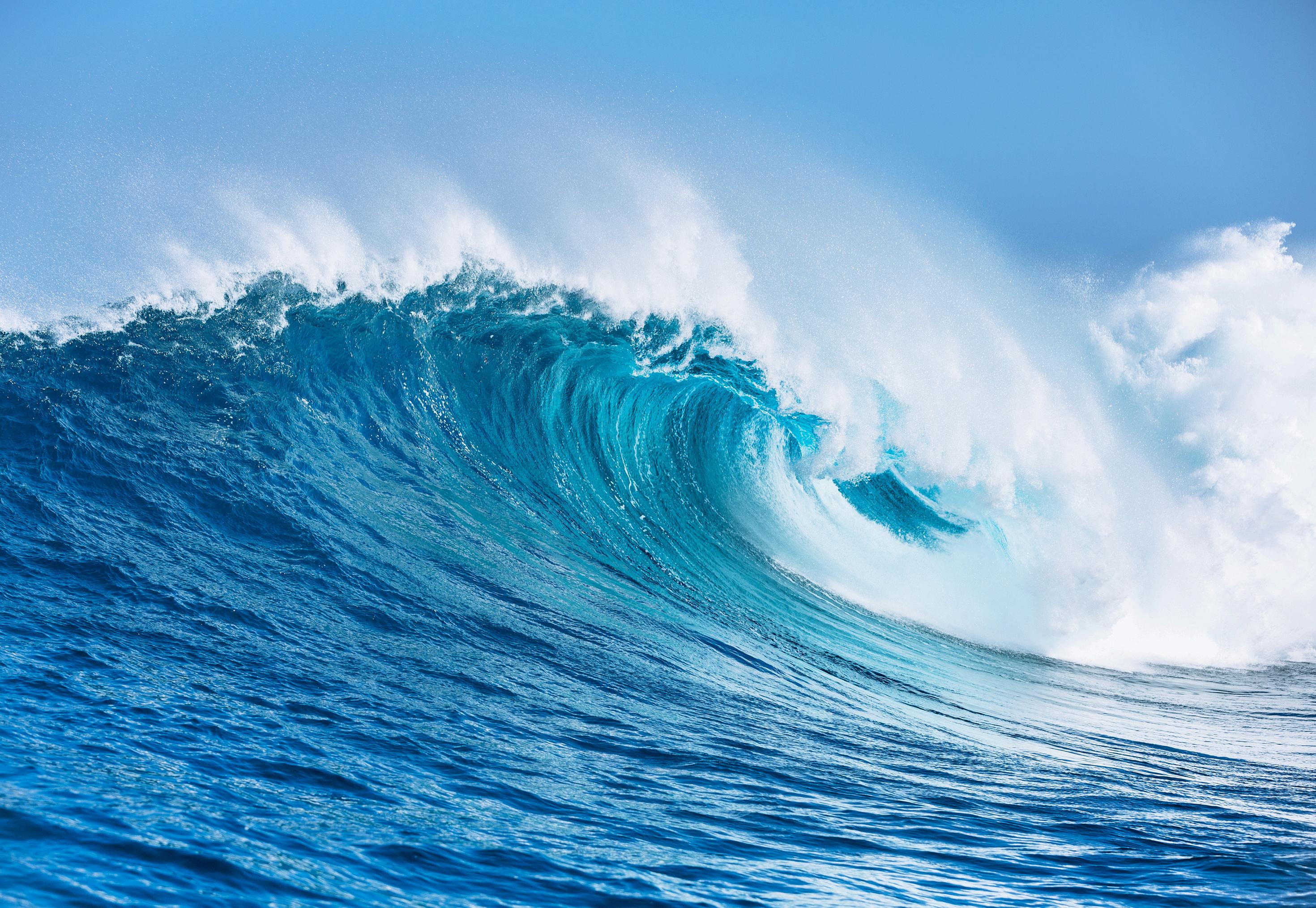
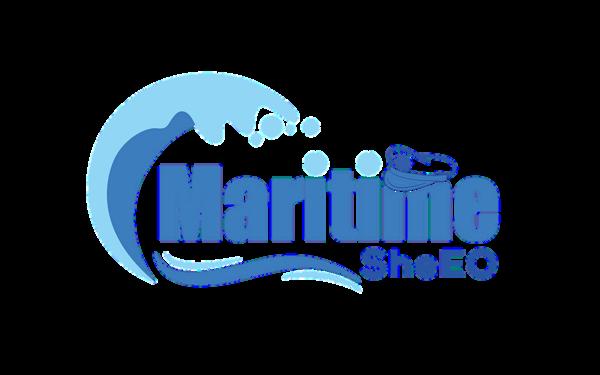
By firm Bose & Mitra
Traditionally perceived as a male-dominated domain, the maritime industry has witnessed a transformative shift in recent decades. Indian women, long sidelined from sea-based professions, are now charting new courses and breaking entrenched stereotypes. From commanding vessels to managing complex port operations, their contributions are reshaping the maritime sector into a more inclusive and dynamic space.
The Ministry of Ports, Shipping and Waterways, in collaboration with the International Maritime Organization (IMO), has spearheaded the “Training-Visibility-Recognition” initiative to promote the participation of women in maritime.
This aligns with the United Nations Sustainable Development Goal 5, which emphasizes gender equality. The results are encouraging India has seen a dramatic 514% rise in registered women seafarers between 2014 and 2023, growing from just 1,699 to 10,440. As of May 2024, over 13,300 women are registered, with nearly 4,800 actively working at sea.
Trailblazing women have paved the way for this progress. Captain Radhika Menon, India’s first female merchant vessel captain, made history not only by breaking barriers but by saving seven fishermen in the Bay of Bengal during adverse weather an act that earned her the prestigious IMO Award for Exceptional Bravery at Sea in 2016.


Equally inspiring is Sonali Banerjee, India’s first female marine engineer, who entered the Marine Engineering and Research Institute (MERI) as the only woman among 1,500 male trainees. Reshma Nilofer, the country’s first woman river pilot, navigates the treacherous Hooghly River and remains one of the very few women globally in this highly specialized role.
Ankita Srivastava, India’s first female Chief Engineer on foreign-going ships, continues to break barriers in engineering leadership.
Romeeta Bundela made history as the first Indian woman Electro-Technical Officer (ETO) to serve on Maersk vessels.
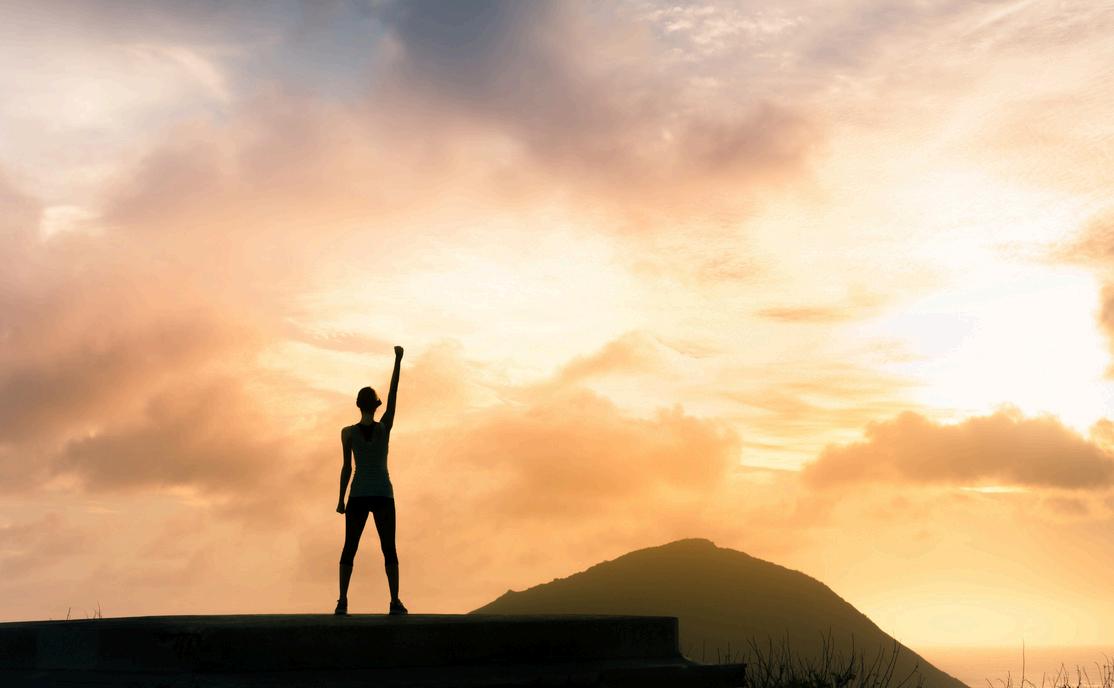
The story of the M.T. Swarna Krishna also stands out. In 2021, this product carrier made global headlines as the first vessel to sail with an allwomen crew, symbolizing a giant leap toward gender parity in maritime.
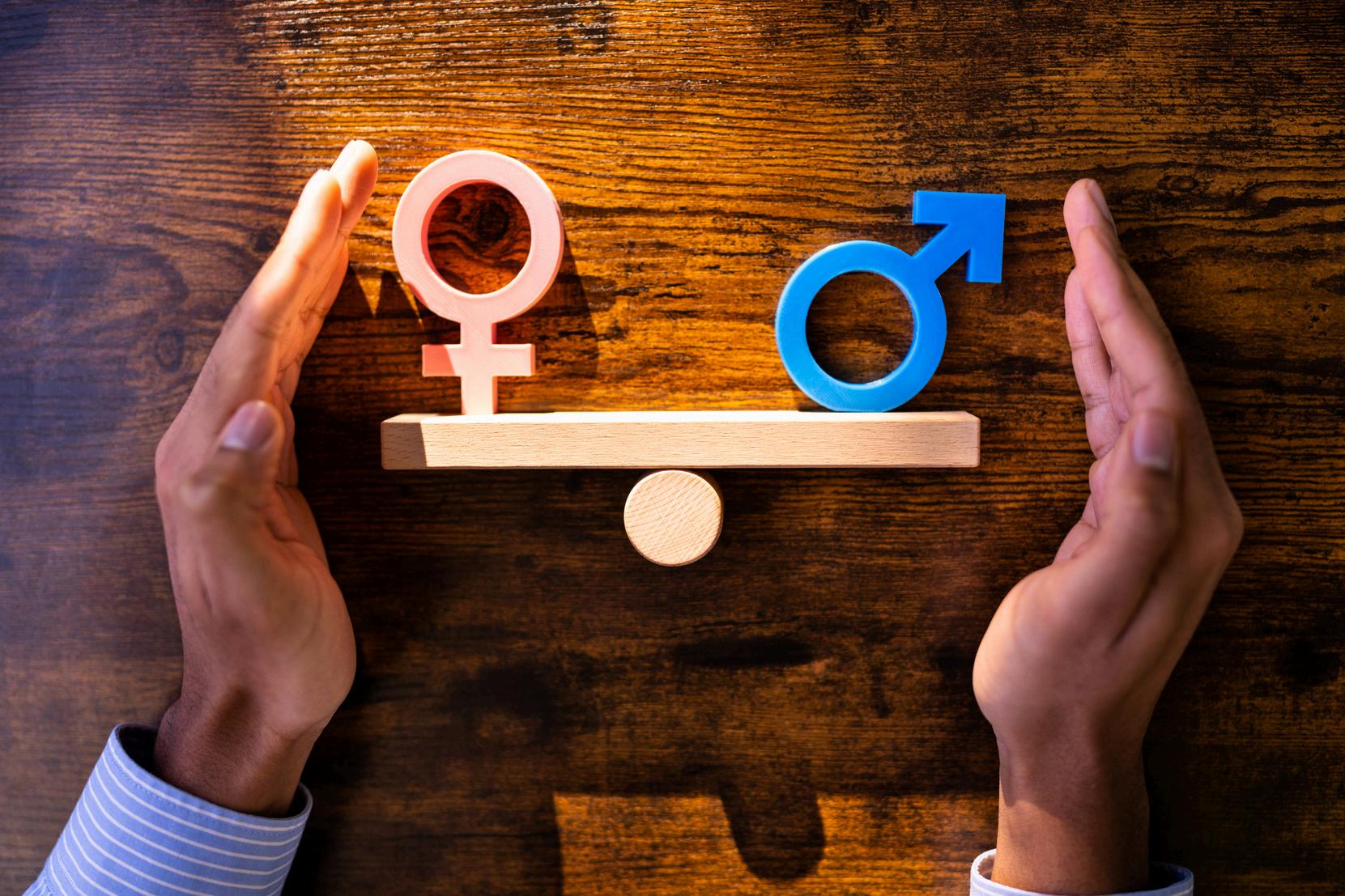
Another proud milestone is Navika Sagar Parikrama II, a dual-woman circumnavigation mission undertaken by the Indian Navy aboard INSV Tarini. Beginning in October 2024, the voyage covers over 17,000 nautical miles and navigates the three Great Capes Leeuwin, Horn, and Good Hope. Manned by Lieutenant Commanders Dilna K and Roopa A, the expedition demonstrates exceptional seamanship and endurance, while advancing India’s goals of gender inclusion, maritime diplomacy, and oceanic environmental awareness.
This mission builds on the legacy of the first allwomen circumnavigation in 2017 and reaffirms the Indian Navy’s commitment to empowering women through operational leadership at sea.


These achievements reflect a broader shift not only are women joining sea-bound roles, but they are excelling in administrative, technical, and operational areas onshore as well. From directing port traffic to handling maritime safety systems, women now play essential roles across the spectrum of the maritime ecosystem.
Government officials reaffirmed their commitment to supporting women through policy, partnerships, and continuous recognition. As the tide turns, the Indian maritime sector is becoming a beacon of opportunity. With increased visibility, training, and support, Indian women are not just participants they are leaders shaping the future of global maritime affairs. Their courage, perseverance, and vision ensure that the waves they make today will inspire generations to come.


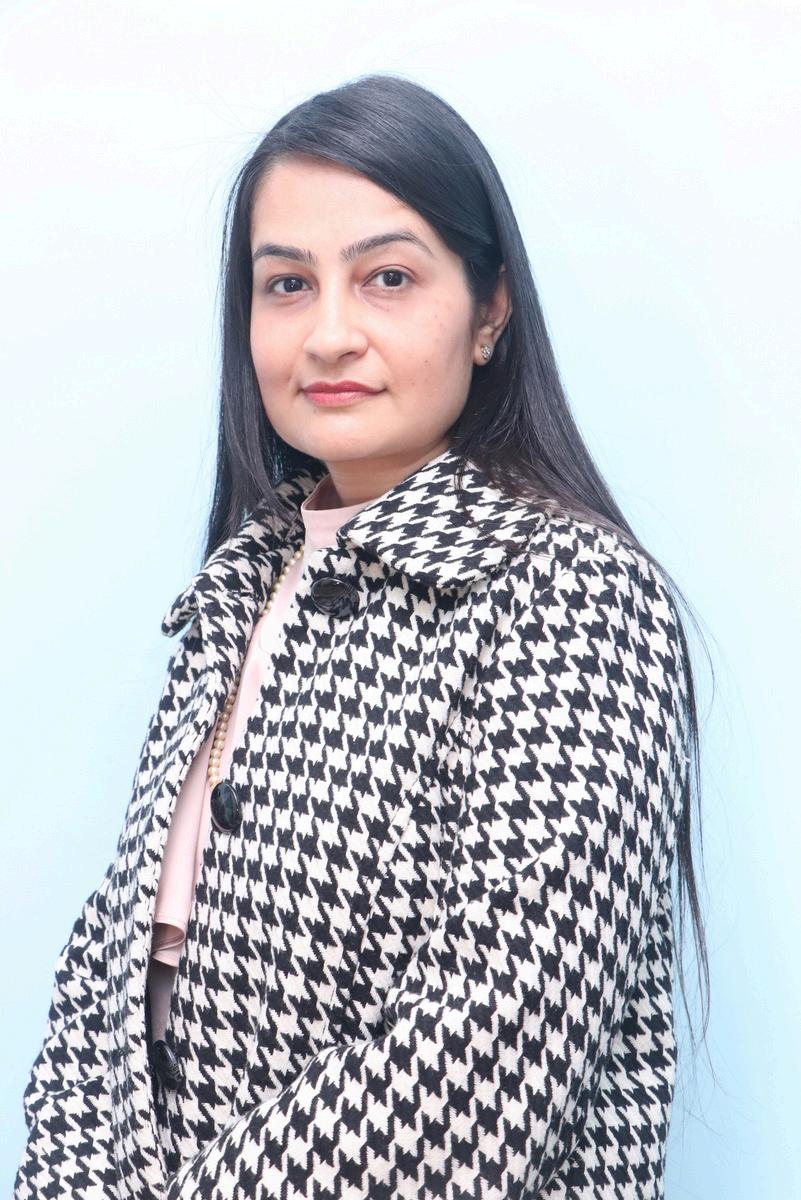
Sanjam Sahi Gupta has made history, again. As the first woman from India’s private sector to be appointed to the National Shipping Board (NSB), she brings a bold, inclusive vision to the government’s top maritime advisory body.
“IF WE WANT MEANINGFUL CHANGE IN SHIPPING, WE NEED DIVERSE VOICES AT THE TABLE. THAT TABLE IS FINALLY EXPANDING.”
Established under the Merchant Shipping Act, 1958, the NSB advises the Central Government on key issues shaping India’s maritime landscape, from port development to seafarer welfare and sustainability. Sanjam’s inclusion signals a significant shift: a recognition that innovation and equity go hand in hand in a rapidly evolving industry. Her track record backs it. As founder of Maritime SheEO, Sanjam has championed leadership development for women in maritime, steered global conversations on gender equality, and earned international accolades for her work on sustainability and inclusion.
Now, as a member on the NSB, she aims to influence systemic change at a national level. “The maritime sector is poised for transformation,” she says. “I see this role not just as a position, but as a platform for change.”
From spotlighting women in maritime law and logistics to pushing for stronger environmental policies, Sanjam’s insights are expected to shape a more progressive, resilient Indian maritime ecosystem.

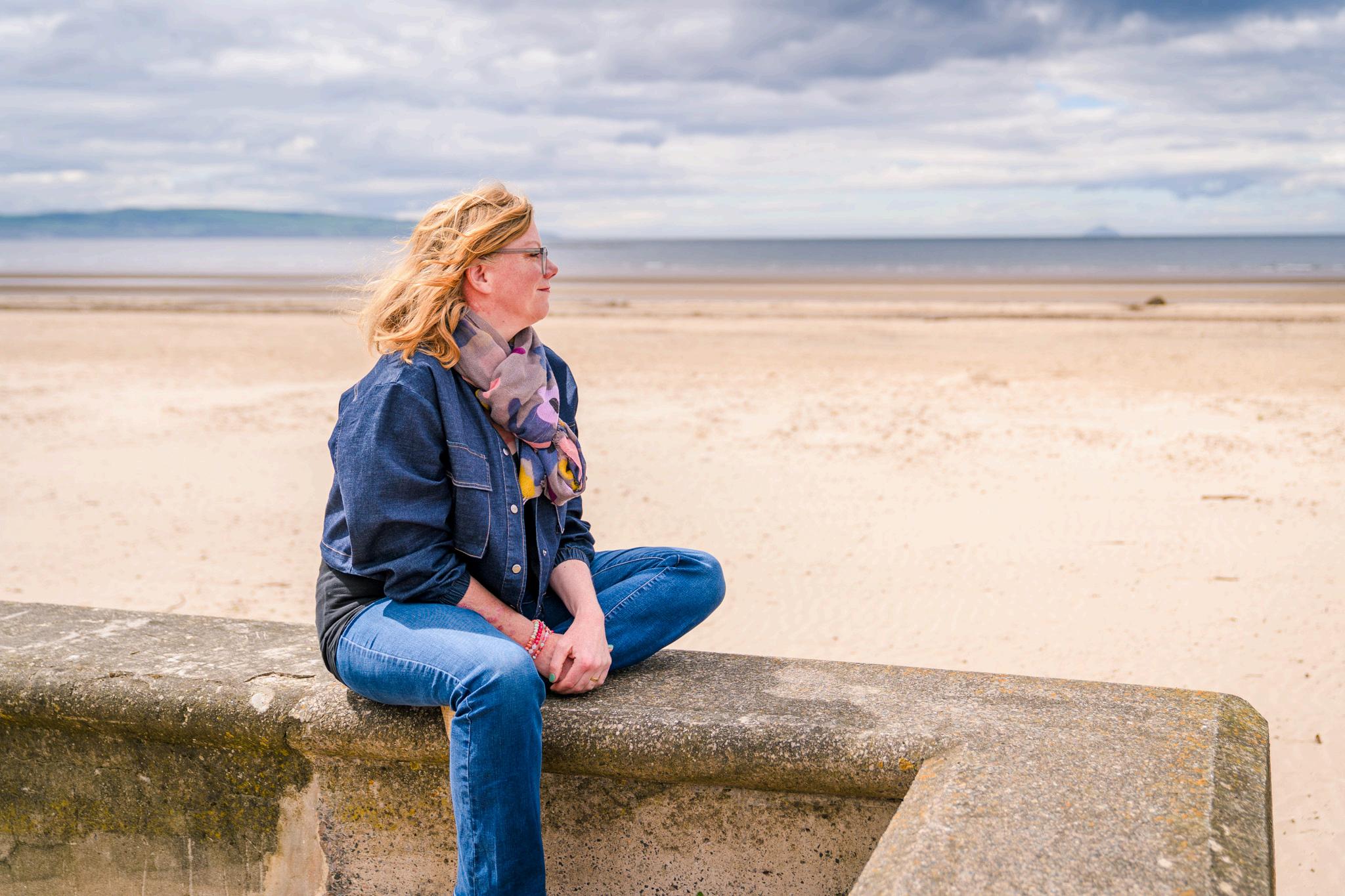

By Tineke Zoet Maritime Workplace Coach | Advocate for Empathetic Leadership & Inclusive Teams
Let’s be honest. Leadership at sea hasn’t always felt safe. Especially not emotionally.
As a former seafarer turned workplace coach, I have experienced both sides of the bridge. I know how isolating, hierarchical, and emotionally draining life onboard can be. I also know how hard it is to speak
up when you’re the only woman in the space, or the only one quietly wondering, “Not everyone here is actually feeling OK.”
"As a seafarer cadet, newly assigned to what would be my home for the next six months, I once asked an engineer a question about the machinery. Instead of receiving guidance, I was scolded and made to feel foolish for even asking. The result? I didn’t ask another question for the rest of my time onboard. A psychologically safe workplace? It didn’t feel that way at all. I was only 21, too inexperienced and intimidated to raise the issue with the Master as everyone was joining in and made fun of the new cadet."
Here’s the truth:
We can’t grow safety or performance if silence is the norm. Psychological safety isn’t a “soft” extra. It’s core business. It's the foundation of innovation, trust, retention, and wellbeing.
So, why are we still brushing it aside?
Women know this – we’ve lived it
Women in maritime are no strangers to navigating invisible currents: emotional, cultural, and systemic. We have had to adapt, over-deliver, and stay aware in environments


not built for us. And from that, many of us have learned to lead differently: with empathy, emotional intelligence, and clarity. The world of work, including life at sea, is crying out for those traits right now.
Psychological safety doesn’t mean that it is always smooth sailing. It means people can speak up, challenge ideas, admit mistakes, and still feel respected. It is about making space for difference in gender, background, culture, and neurodiversity, and seeing that difference not as a problem, but a powerful asset.
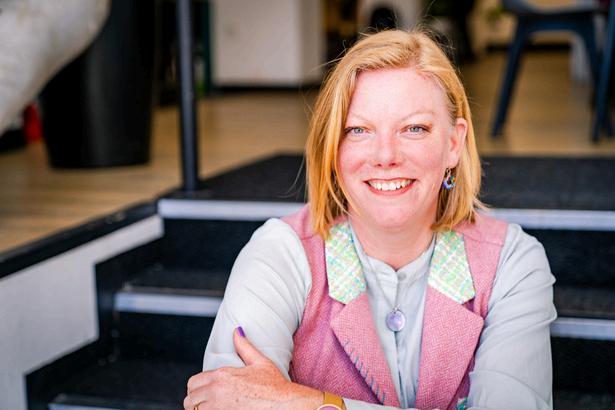


Working with maritime teams around the world, certain truths repeat themselves – from cadets to captains:
“We don’t feel heard.”
“Our wellbeing is not a priority.”
“We’re walking away, not because we can’t cope, but because we’re tired of pretending everything’s fine.”
And no, it’s not just the younger generation saying this. It is all of us.
We are tired of tick-box leadership. Tired of being told to “toughen up” when what we really need is to be taken seriously.
As women leaders, we have a chance to model something different. We can lead teams that talk to each other, not about each other. We can set clear boundaries and lead with heart. It does not have to be either/or.
Because real strength is not in pretending we’ve got it all together. It is in building trust.
Trust is what keeps people onboard – literally and figuratively.



As the maritime industry continues to evolve, the presence and contributions of women seafarers have become increasingly visible and vital. With this progress also comes the recognition that women at sea face a distinct set of challenges within a male dominated work environment.
MOL (Mitsui O.S.K. Lines, Ltd.) launched the OceanCare Program on May 01, 2025 a pioneering initiative designed to support the broader well-being of seafarers and provide gender sensitive, inclusive care for women working at sea.


At the heart of OceanCare is the appointment of Ms. Carmelle Montalbo, the dedicated Welfare Officer under this initiative.
As a trained professional Ms. Montalbo brings expertise in offering confidential counselling, wellness sessions and a secure space for women seafarers to share their experiences and seek guidance without fear of judgement.
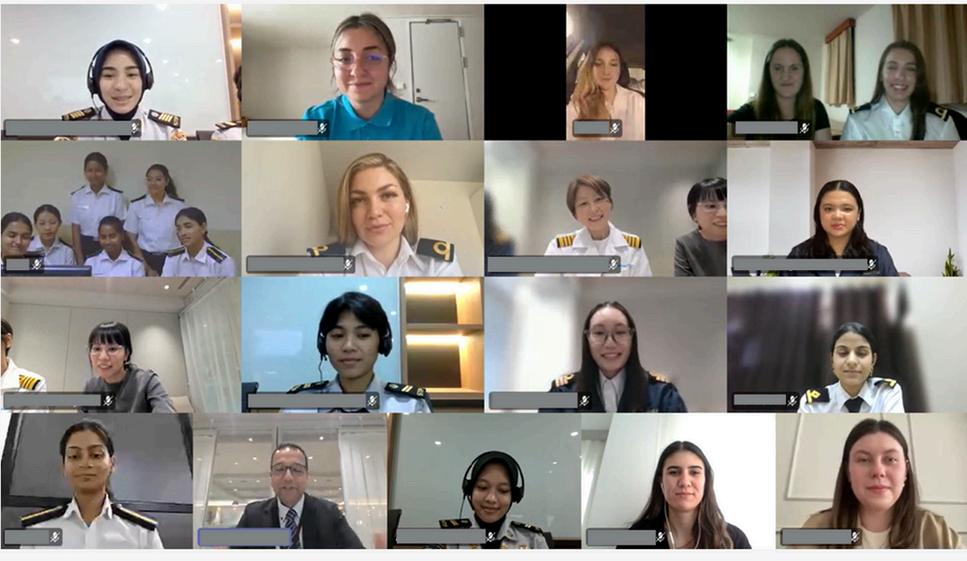
The online event hosted by MOL HQ to celebrate the International Day for Women in Maritime
MOL Headquarters further complimented this program by proudly hosting the first event on May 16 to celebrate the IMO International Day for Women in Maritime (observed annually on May 18). The event brought together women seafarers from across the globe, alongside shore-based staff, in a heartfelt show of solidarity, appreciation, and reflection. It featured personal messages from seafarers.
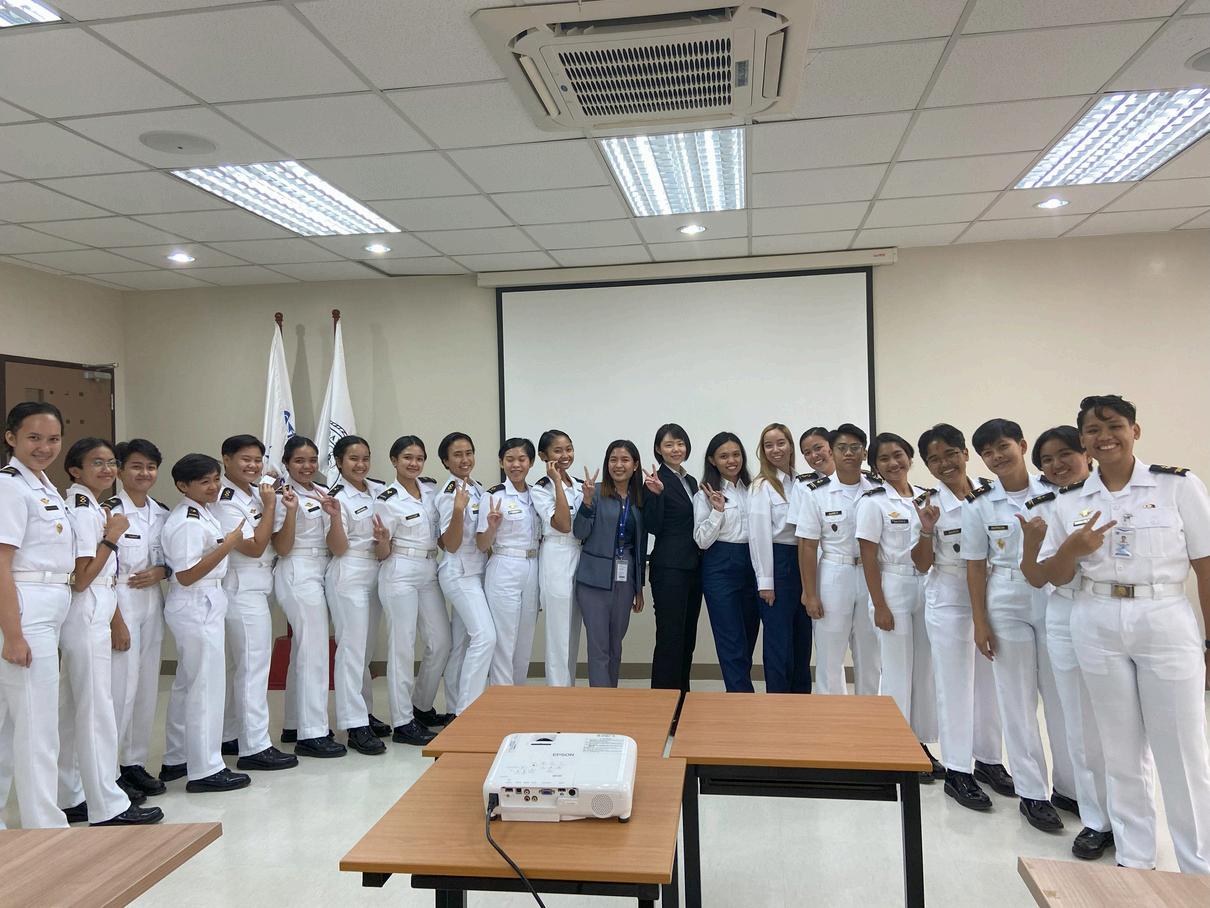

At MOL, this movement is not limited to a single program it is part of a broader cultural shift that embraces respect, empathy, and sustained support for women. As more women join the global seafaring community, it is essential that their voices are heard, their experiences acknowledged, and their wellbeing prioritized. The path forward is clear, by championing mental wellness, visibility, and meaningful engagement, the maritime sector can ensure that women are not only welcomed but truly empowered.
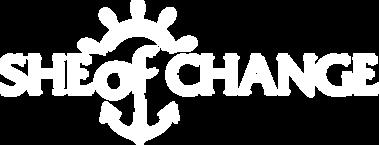
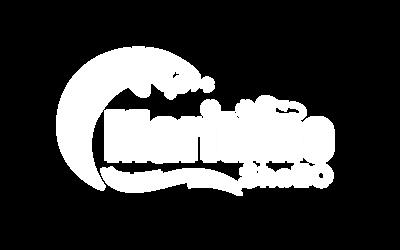

Despite growing conversations around diversity, the maritime industry remains one of the most gendered sectors in the world. While many women enter the field with determination, they often face a barrage of stereotypes, institutional bias, and overt discrimination that test their resilience far more than their skills.
These are not rare incidents, they’re real accounts from professionals working across different segments of maritime, showing just how normalized exclusion still is.



LS, a Shipping Specialist and founder of a company in UAE, started her journey as a ship operator and worked her way up to becoming a shipping manager. At one point, after being offered a junior charterer position, she outperformed expectations, only to see the role handed
over to someone else quietly, without explanation. She was sent back to the operations desk, dismissed without acknowledgment. Mentorship, she says, was replaced by bullying from those uncomfortable with her ambition.
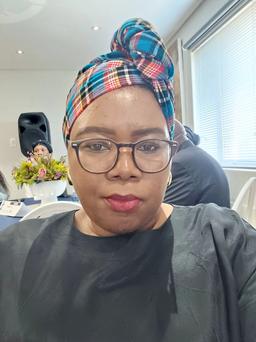
Nolubabalo Princess Mrashula began her career in the mechanical engineering branch of maritime to prove she could do what men do Later transitioning to human resources, she encountered a different challenge: sexual harassment.
A senior male colleague attempted to touch her inappropriately at work. She immediately confronted him and reported the incident through official channels She continues to advocate for young women entering the field to believe in themselves and refuse to accept exclusion as the norm.
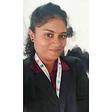
Chaitali Chandrakant Thali, a research scholar at Indian Maritime University, was leading a marine environmental quality survey at a major port when her competence was publicly questioned by male colleagues


Before the vessel had even departed, she was asked whether she was capable of handling rough weather despite meticulous planning and preparation. During the survey, she led the team through difficult conditions and completed the task without issue. By the end of the assignment, the same men who had doubted her apologized for underestimating her abilities
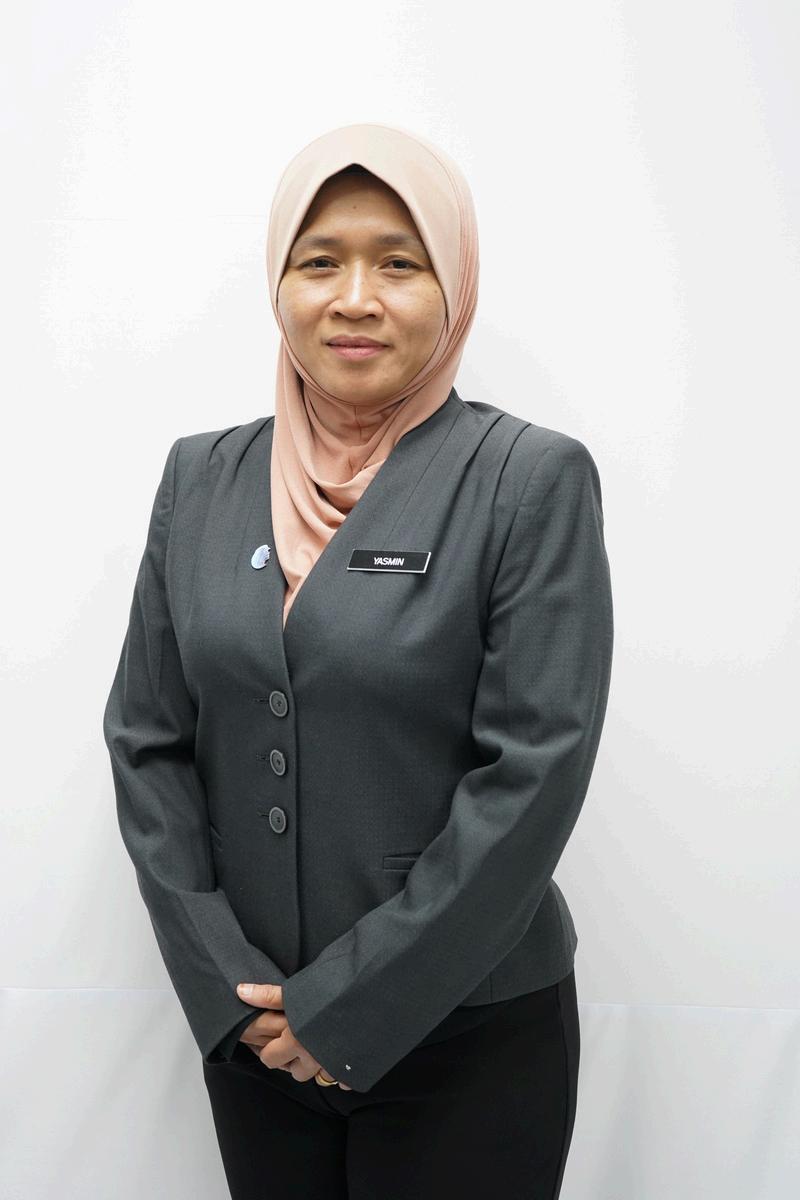
Dr. Yasmin Binti Mohd Hasni, a senior marine officer, recalls how superficial judgments repeatedly overshadowed her professional contributions During a regional event, a superior mocked her attire, suggesting she looked too old for the role
At another high-level assembly, two directors openly commented on her appearance, implying that the department needed someone younger and more attractive. Despite her decades of service, she remains overlooked in favor of younger women not for their skills, but for their appearance
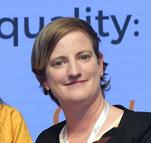
Ann Pletschke, now Director at Trinity Maritime, was once told that a woman’s place on a ship was to clean and water the plants Today, she sails in command as a Master Mariner. She reflects on the longheld stereotype that women cannot lead at sea, a belief she disproves every day through her position and responsibilities on board.


These accounts aren’t about individual grievances, they reflect a systemic issue where women in maritime are judged on gender before capability. The cost is not only personal but structural: innovation, safety, and workforce diversity all suffer when prejudice takes the helm
Here is where leaders come into play. Leaders play a crucial role in ensuring the environments they lead are nurturing and free of bias. Here are five things maritime leaders can do to challenge harmful stereotypes:
1 Reward performance, not perception: Ensure promotions and role assignments are based on documented results, not assumptions tied to gender.
2 Actively challenge inappropriate behavior: Do not tolerate sexist remarks, harassment, or “jokes” in the workplace. Speak up, even when it's uncomfortable.
3 Support mentorship over gatekeeping: Create transparent, supportive mentoring systems that don’t protect power structures but nurture talent.
4.Acknowledge bias, then dismantle it: Conduct regular bias training for leadership and teams Recognizing systemic bias is the first step toward change
5.Redefine what leadership looks like: Stop linking leadership potential to age, looks, or gendered stereotypes. Expand the narrative of who gets to lead and why
The maritime sector stands at crossroads. It can either continue to drift in outdated ideas or set a new course where competence, not conformity, is the compass

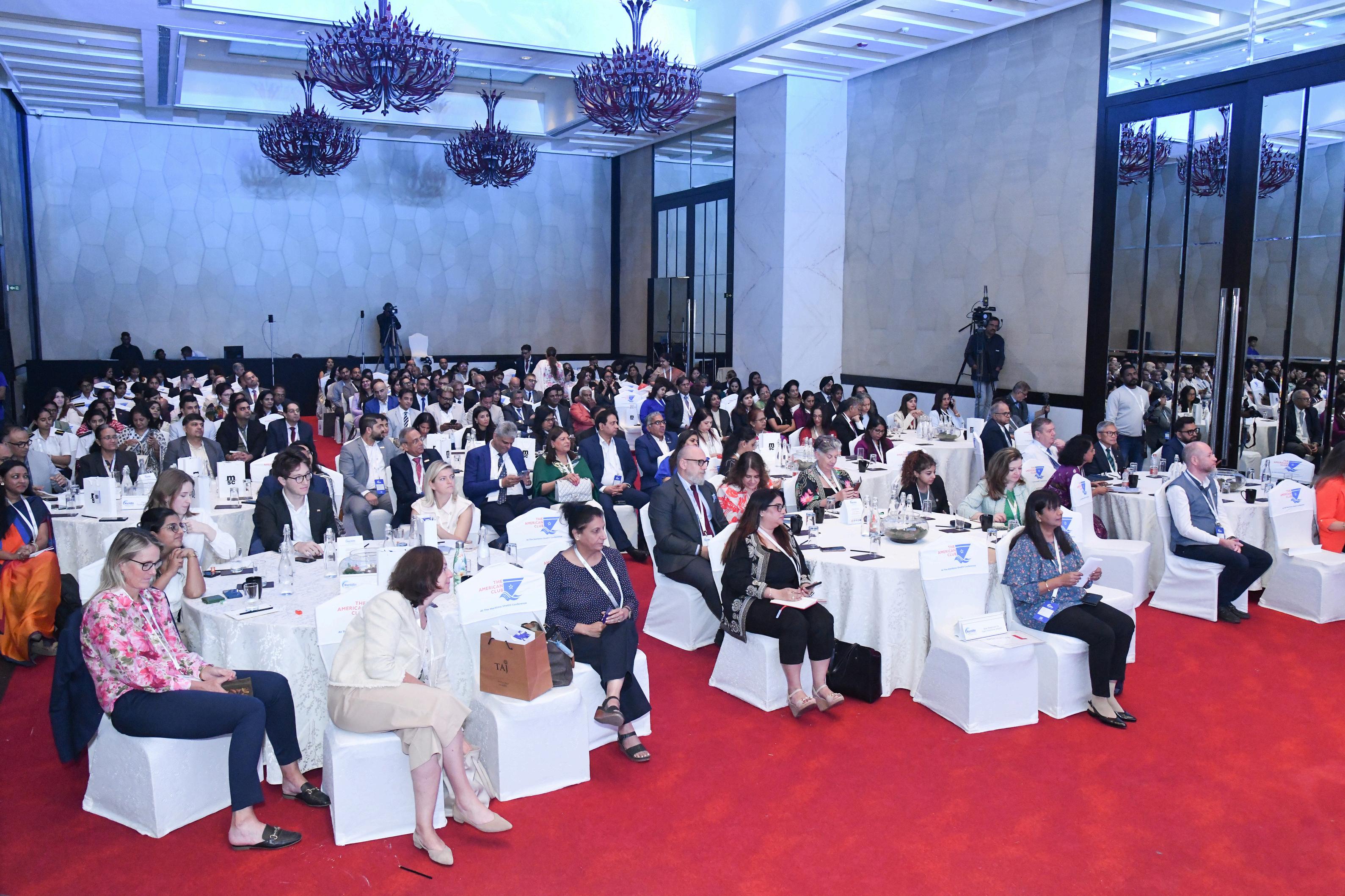

The Maritime SheEO Conference is the world’s largest conference for diversity in the maritime industry. This year, held during India Maritime Week, we shine a spotlight on women who dream, believe, and achieve. We firmly believe that when given opportunities, women can achieve anything.
It is through our collective belief in women that they can excel in their careers and grow into remarkable leaders. Women have demonstrated exceptional leadership, whether by founding their own companies or driving growth in organizations they were entrusted to scale.
Our goal through this two-day conference is to have meaningful discussions and provide actionable strategies on how we can create more opportunities for women to succeed - ashore or at sea.


Detailed Agenda Coming Soon
We’ll be sharing a full schedule including:
Session timings
Speaker slots
Networking windows
Venue layouts and directions
Breakout formats
To avoid clashes and help you maximise value from your time in Mumbai, we’re working closely with India Maritime Week organisers to ensure a wellcoordinated calendar.
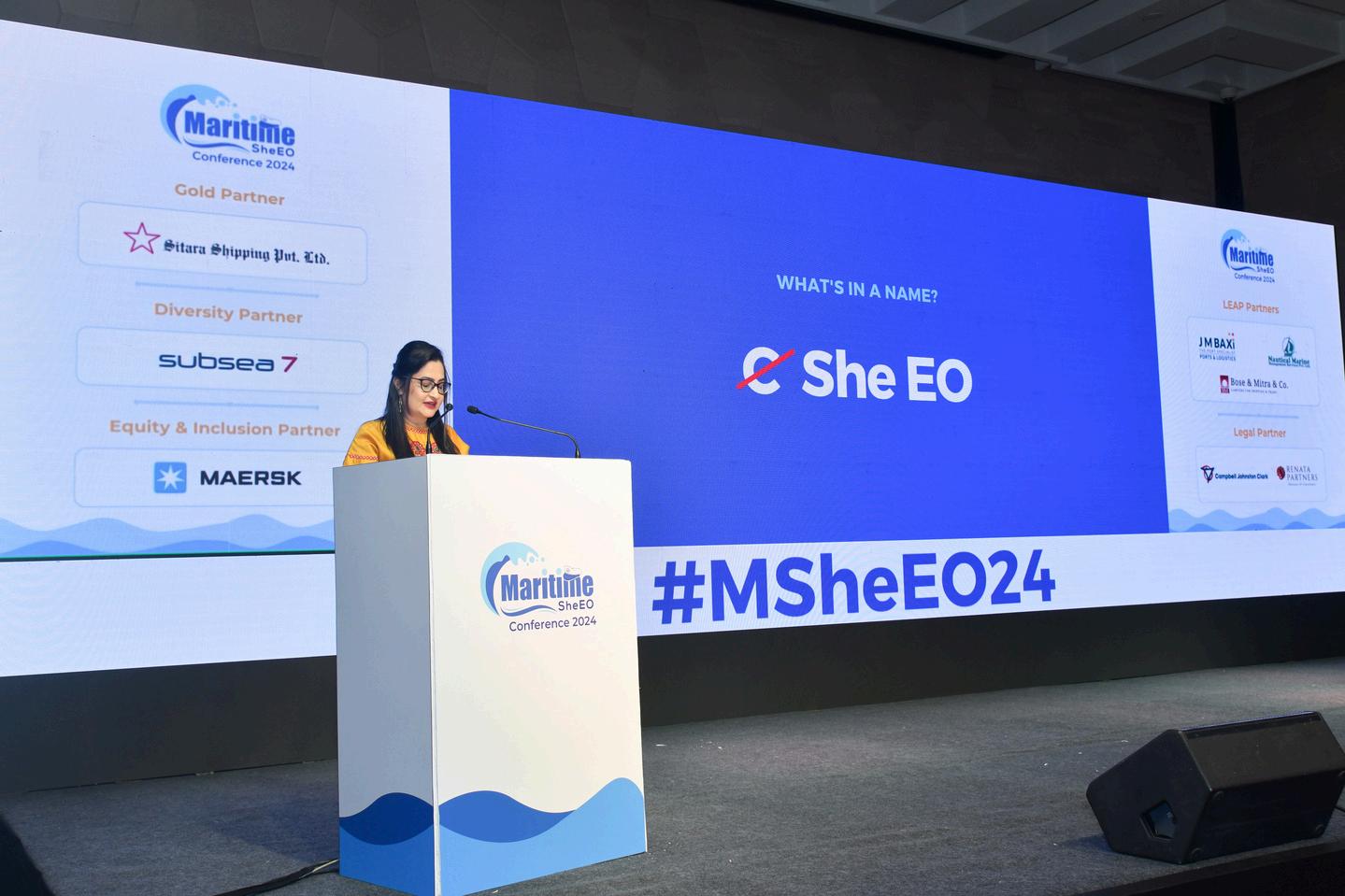
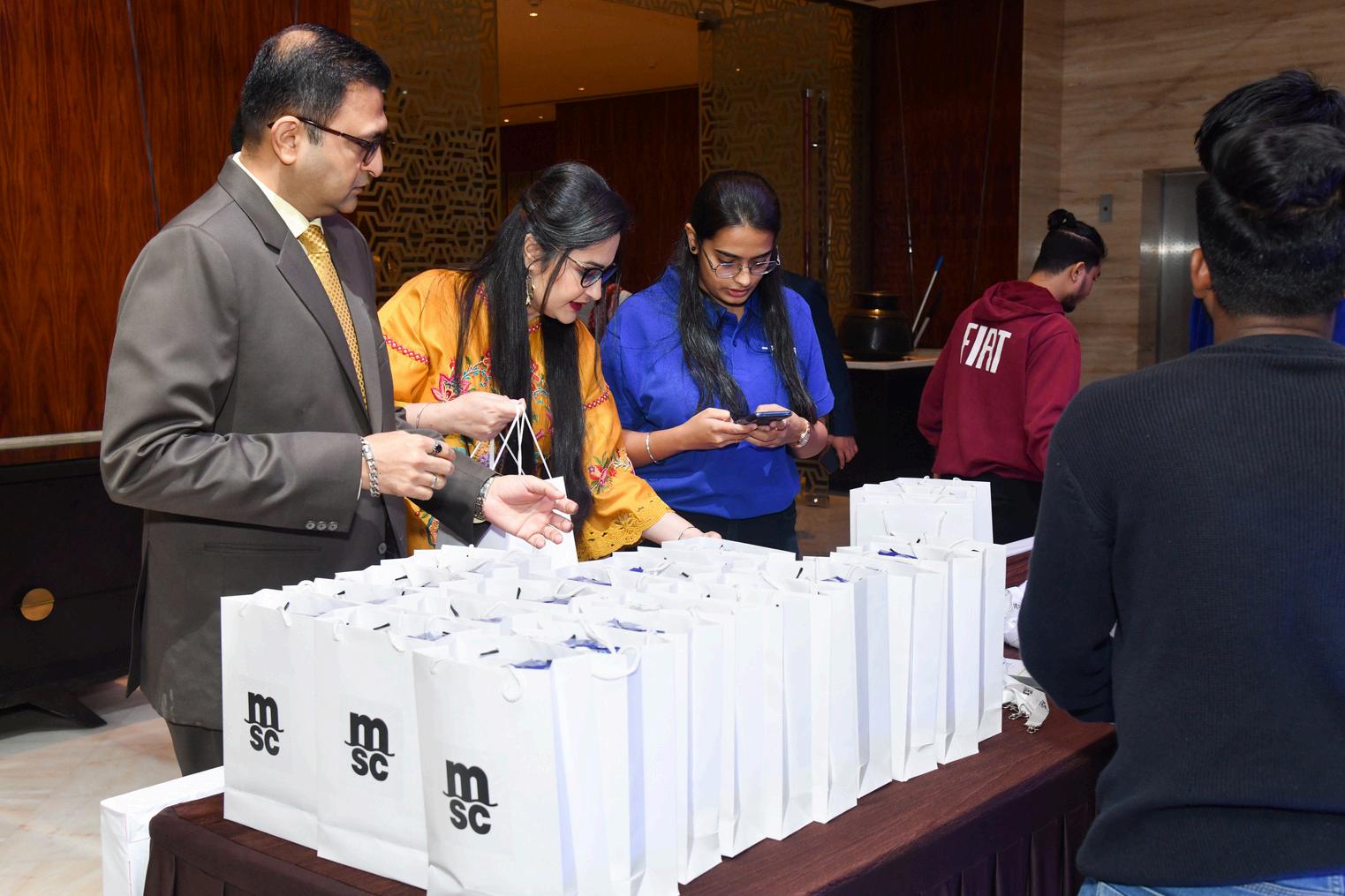
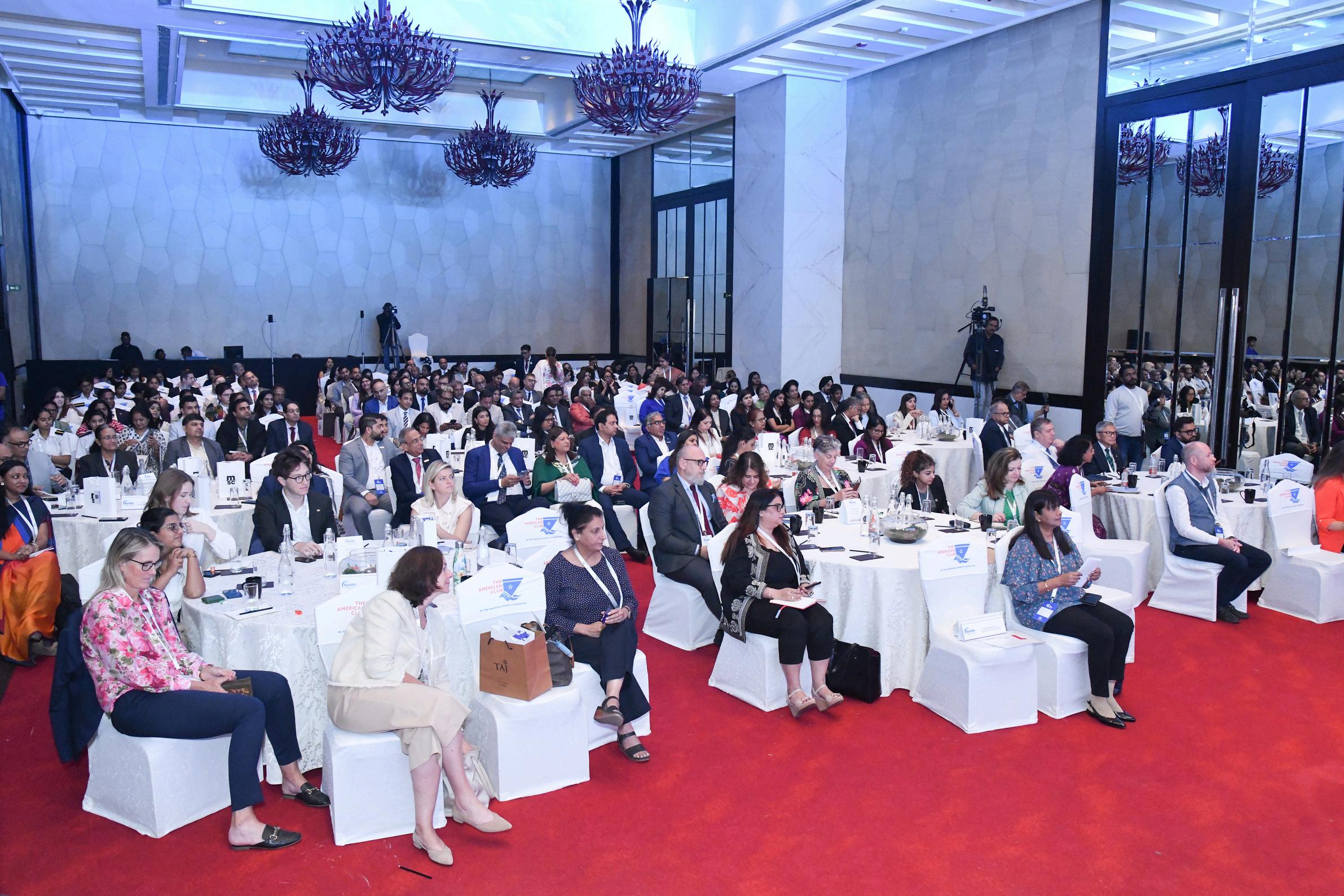


Your actions speak volumes let them be recognised. If you or your organisation have championed diversity, sustainability, or leadership in maritime, apply now and be honoured among global industry leaders.
If your organisation is making meaningful change, choose the award that fits your organisation’s impact and apply to be recognised.
Best Practices in Diversity: For companies that have successfully implemented strong, measurable diversity policies. This award honours organisations with a proven track record of building inclusive maritime workplaces.
Best Practices in Sustainability: Recognises companies that embed environmental sustainability into their strategy and operations. Eligible companies must demonstrate real, data-backed sustainability outcomes.
Seafarer Workplace Diversity Award: Awarded to companies that provide safe, inclusive environments for women at sea. Organisations that have created pathways for women seafarers to thrive and continue long-term careers must apply.
Diversified Maritime Education Award: Open to educational institutions enabling women’s entry into the maritime industry through inclusive admissions, curriculum, and outreach. Applicants must show evidence of impact and commitment to diversity in education.
SheEO Leadership Catalyst Award: Recognises companies that actively develop women leaders through structured training, whether in-house or through external partnerships. Ideal for organisations that can show real investment and outcomes in upskilling their employees.
If you are making meaningful change, choose the award that fits your impact and apply to be recognised.


SheEO to Watch Out For: For rising women professionals with 3–10 years of experience, who demonstrate outstanding potential and performance in maritime. Nominate someone whose growth signals she’s one to watch for.
SheEO Leader of The Year: For women in CXO-level roles (10+ years experience) who lead with vision, integrity, and impact. This is not open to entrepreneurs.
SheEO Entrepreneur of the Year: Recognises women business owners who have who’ve launched or scaled maritime ventures with innovation and resilience. Nominees must provide proof of business performance, growth milestones, and new contributions to the industry.
SheEO Seafarer Rising Star Award: Celebrates women seafarers with 2–6 years of experience who have shown remarkable achievement, leadership, and potential. Ideal for those making waves early in their maritime careers.
Lifetime Achievement Award: Awarded at the discretion of the Jury to a woman whose lifetime contributions have shaped the maritime industry. This category is not open for nominations.
Champion of Diversity: Honours men who have consistently advocated for gender diversity and amplified women's voices in their organisation. Eligible nominees must show proven actions and long-term commitment to driving inclusion.
Know someone in your company making an impact? Nominate them in one of these categories. All nominations must be submitted through the official form with supporting details.
Seafarer Diversity Champion: Honours individuals or teams who demonstrate outstanding commitment to the inclusion and well-being of diverse seafarers. Nominate someone who’s actively reshaping the culture at sea with empathy and action.
Inclusive Faculty Excellence Award: Celebrates educators who foster a biasfree, inclusive learning environment in maritime institutions. Open to faculty who are advancing gender equity in the classroom and beyond.
Award nominations open in July and close in early September. Finalists will be invited to attend the ceremony on Day 1. Email events@maritimesheeo.com to begin the process.


We are delighted to announce that distinguished professionals will be speaking at the conference
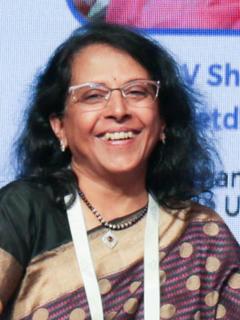
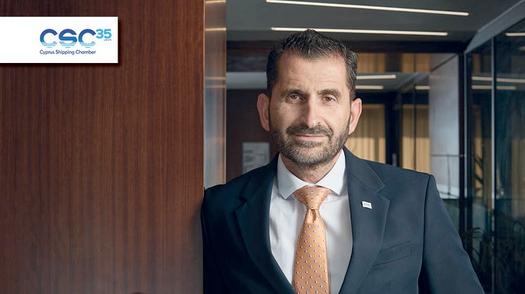
Dr. Malini Shankar Vice Chancellor, Indian Maritime University
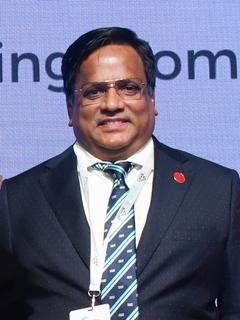
Capt. Dinesh Jairam General Manager - Fleet Personnel, Seaspan Crew Management
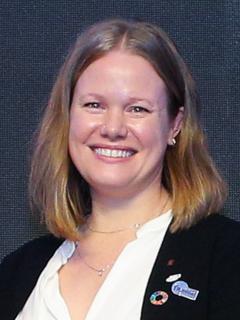
Capt. Jaquelyn Burton, EMBA, AFNI Director of Experience Design, Kongsberg Maritime
Thomas A. Kazakos Sec-General, Elect of the International Chamber of Shipping (ICS)
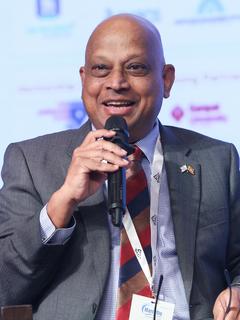
Ted Muttiah Chief Commercial Officer, SAGT
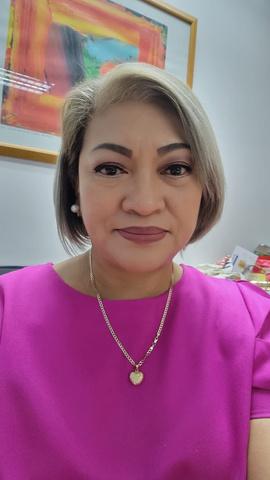
Karen Avelino Senior VP for Cruise Operations, Philippine Transmarine Carriers
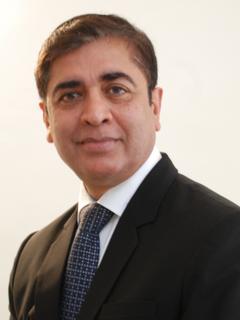
Chairman, Institute of Chartered Shipbrokers Honkong
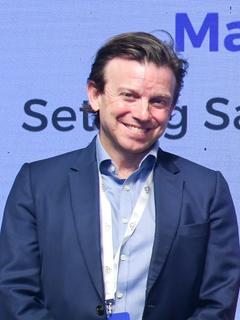
Hall Managing Director, SCB Management Consulting
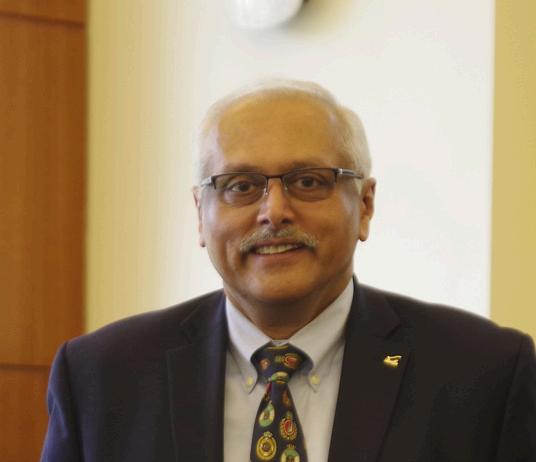
Anuj Chopra Director, MaritimESG Middle East
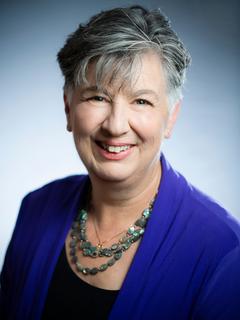
Managing Director, JCJ Consulting
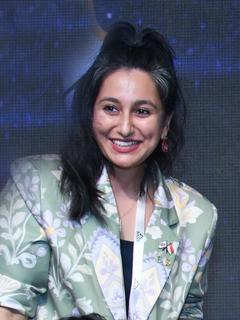
Batura Pai Executive Director, Sinoda Shipping
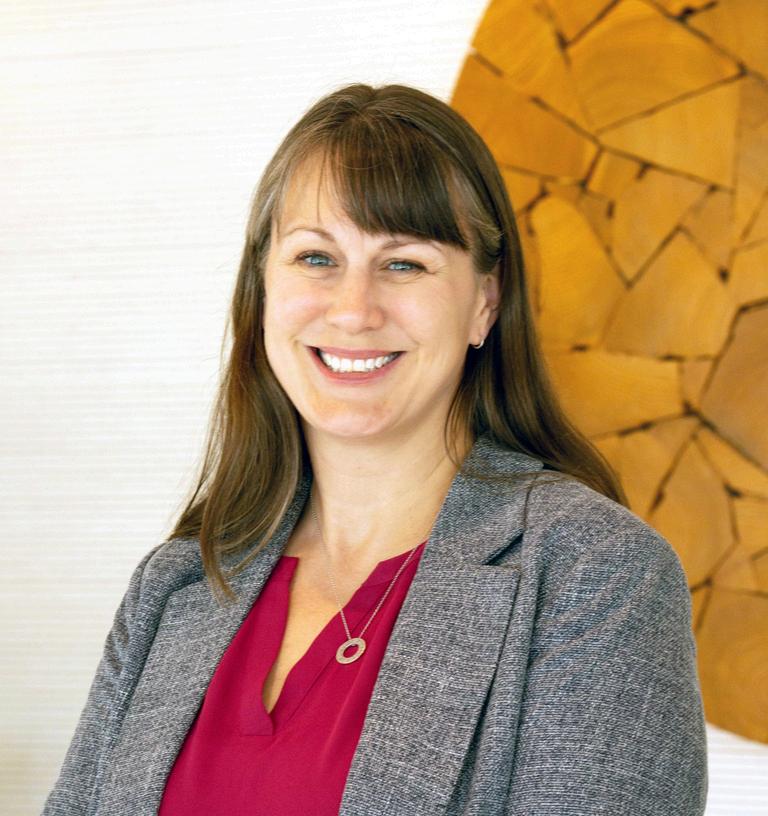
Jennifer Leaman Director, HR, Talent Programs and Business Partnerships, Seaspan Ship Management Ltd
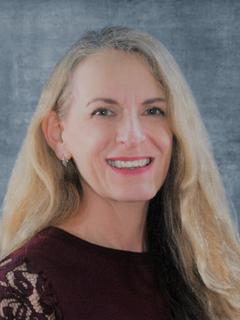
Catherine Logie Director, Certification and Professional Development, Ocean Technologies Group
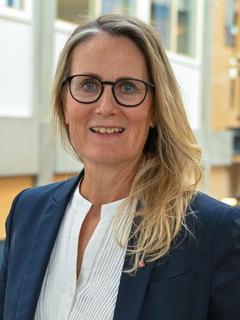
Anette Holte Country Manager (India), Kongsberg Maritime
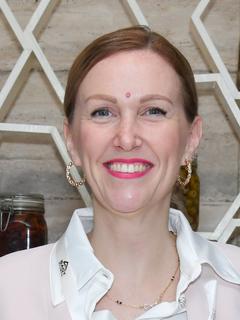
Ivana Kulkarni Master Mariner, Wilhelmsen Ship Management
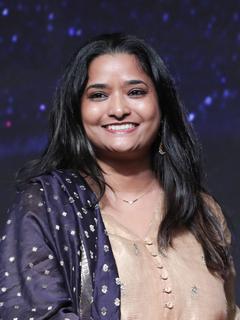
Priyanka Gupta HR Director (Crew Management), Anglo Eastern Ship Management
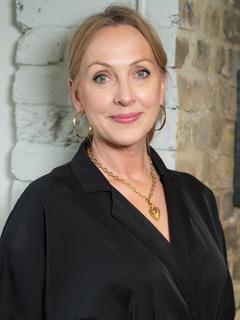
Torild Boe Stokes Co-Founder, Your Health Our Wealth
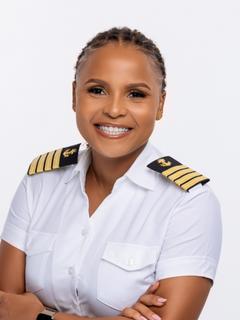
Liz Marami Chief Officer, Kenya Ports Authority
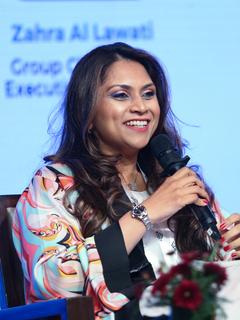
Huma Qureshi General Manager, 7 Emirates
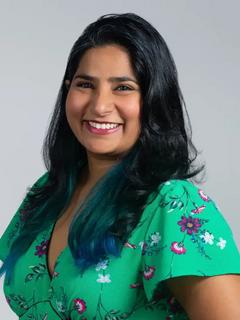
Namrata Nadkarni CEO, Intent Communications
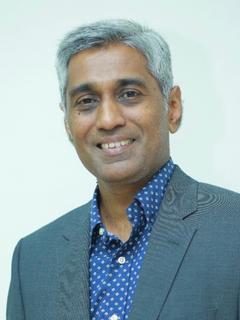
Hari Narayan Partner, United Maritime Law Chambers

Ilona Denisenko President, WISTA Russia
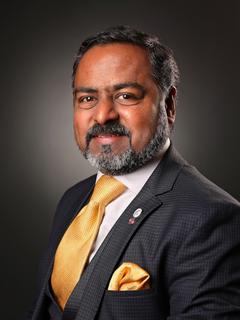
Vineet Jain Founder & CEO, Glocal View

Nathasha Egodage Chief Purpose Officer, Ceyline Group


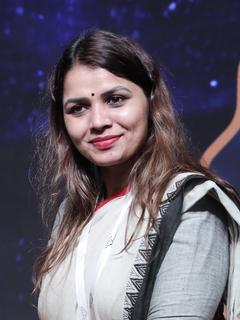
Khushbu Singh Managing Director, Knot Ship Management
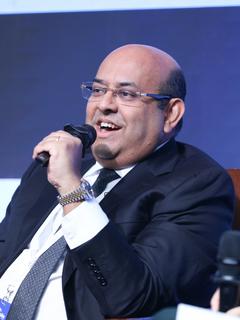
Amitava (Raja) Majumdar Managing Partner, Bose & Mitra & Co

Isabela Tatu Co-Founder, Clean Ship Marine
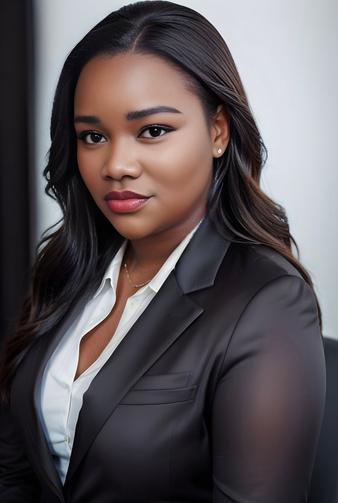
Nitzeria Watson CEO, YoungShip Panama and more



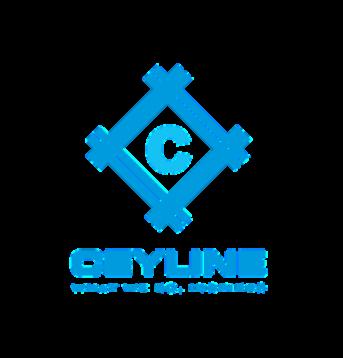

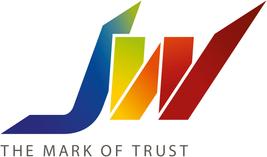

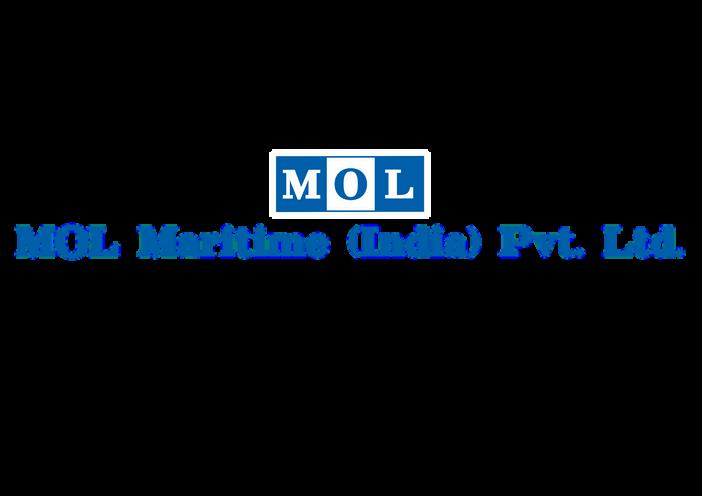

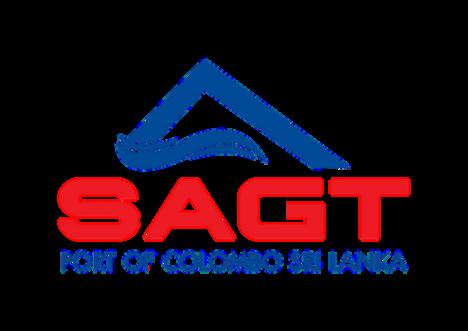

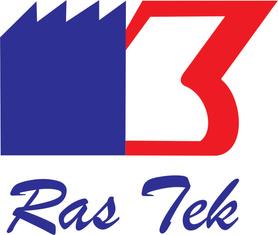



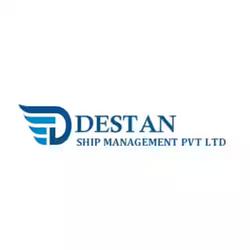
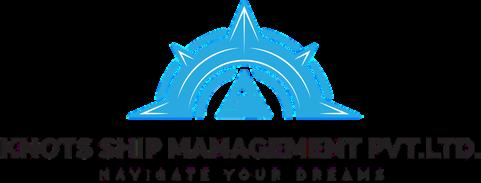

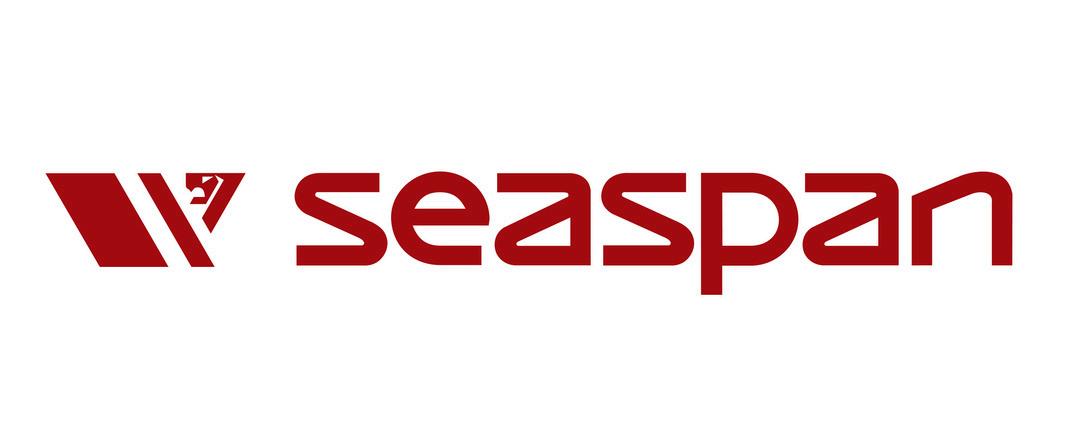




We invite you to participate in this year’s Maritime SheEO photo contest celebrating the power of mentorship and those who believe in the potential of others. Through visual storytelling, we’re looking for artistic representations of guidance, encouragement, and leadership, the people and moments that helped you find your course in the maritime world.
Photographs should reflect the theme "Guided by the Light" and symbolise mentorship, leadership, or someone who believed in your journey. This could be through metaphor, mood, action, or visual storytelling — not limited to portraits or literal image.
Capture the spirit of mentorship and show us how you've been “Guided by the Light ”
Format: High-resolution JPEG or PNG files.
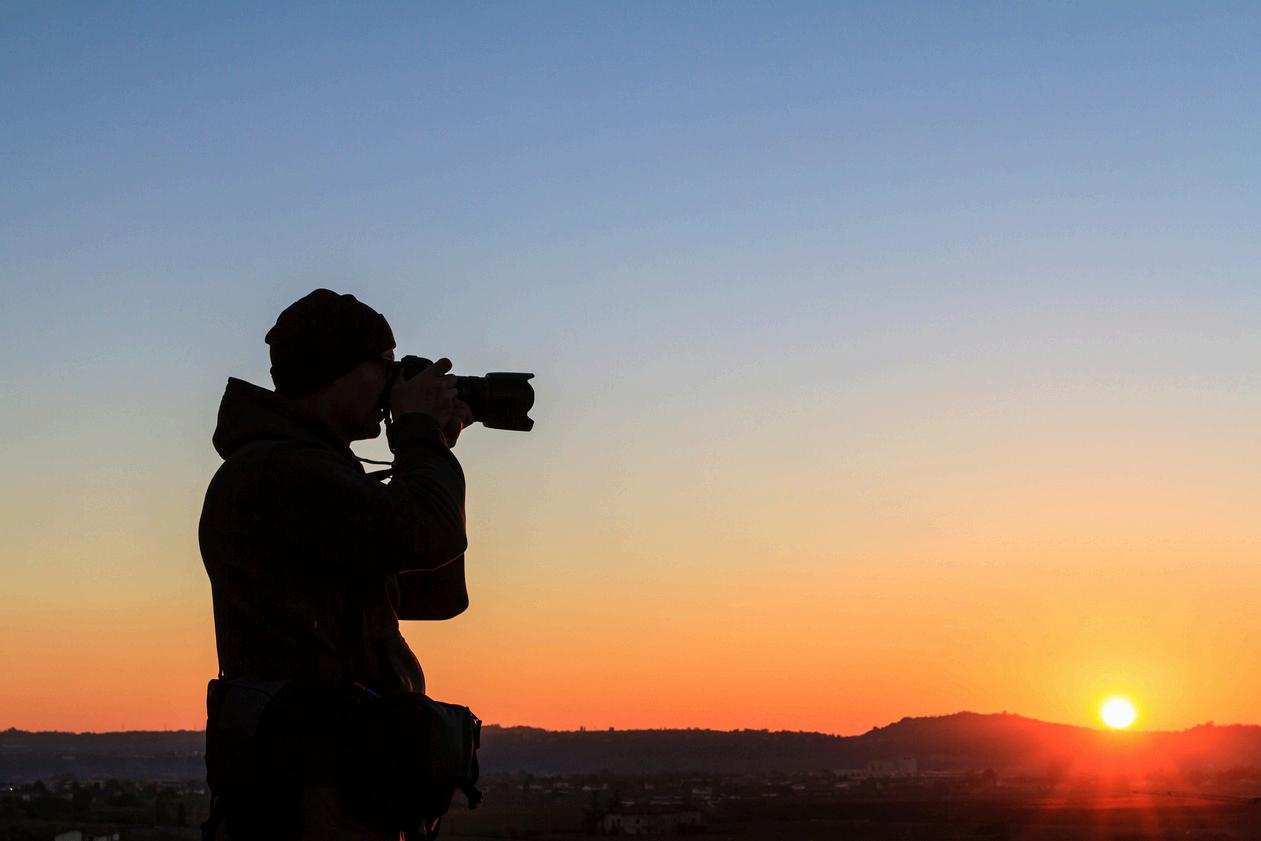
Caption: Each photograph must include a title and a brief description (up to 100 words) explaining the context of the image.
Quantity: Up to 3 submissions per participant.
Deadline: All entries must be submitted by 12th August 2025.
How to Submit: Email your photos to events@maritimesheeo.com with the subject line "Photo Contest Submission – Guided by the Light."
Attachments: Include your photos, titles, descriptions, and a short bio (50 words) about yourself The description should highlight what the photo conveys in relation to the theme.
Eligibility: Open to all amateur and professional photographers. No age restrictions. Follow submission process carefully! Failure to do so will result in disqualification.
Winner will receive the opportunity to be featured on our social media platform, interviewed by our founder, along with the other prizes.
Top 3 entries will be published in She of Change magazine.
Top 10 entries will receive a certificate.
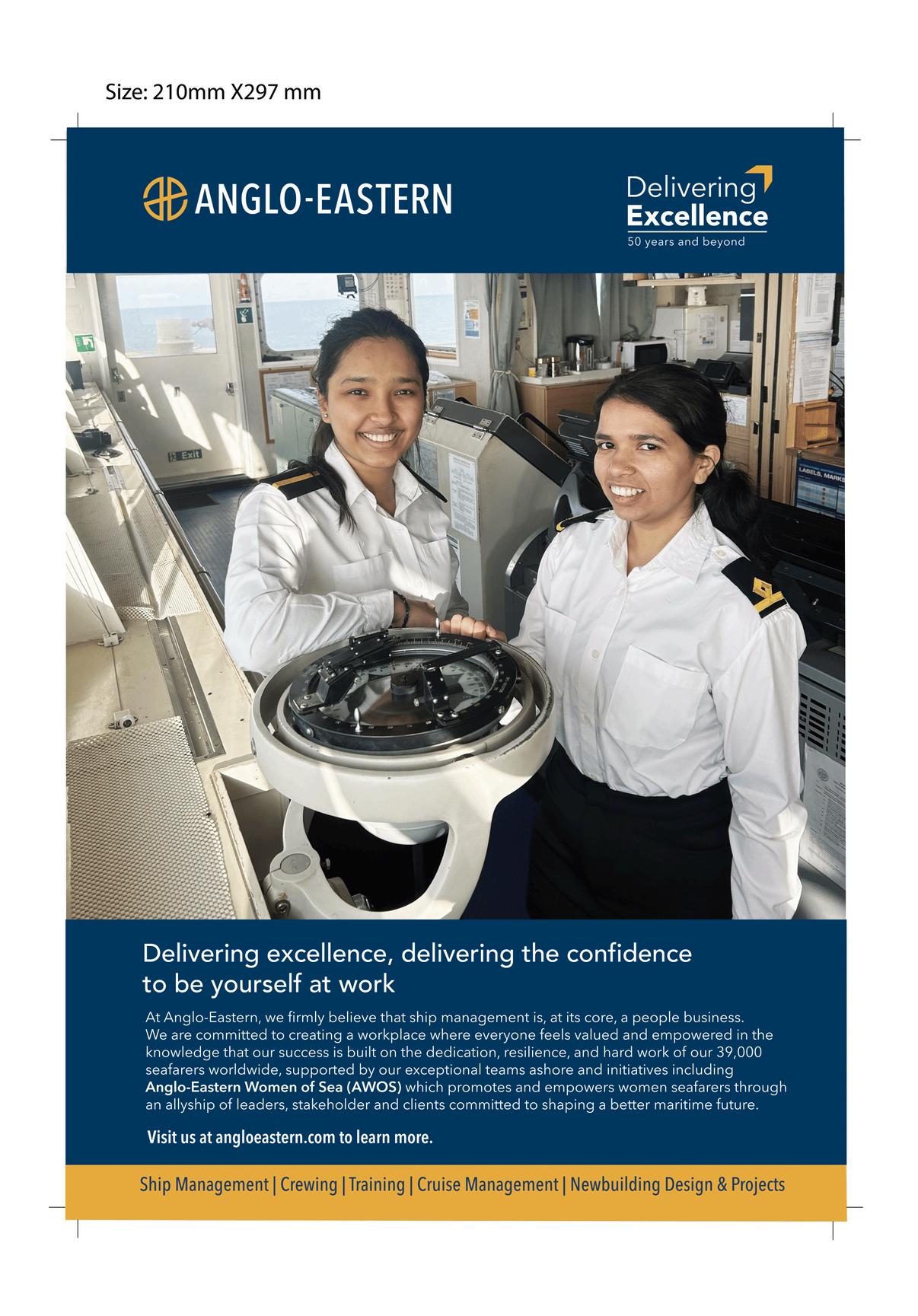

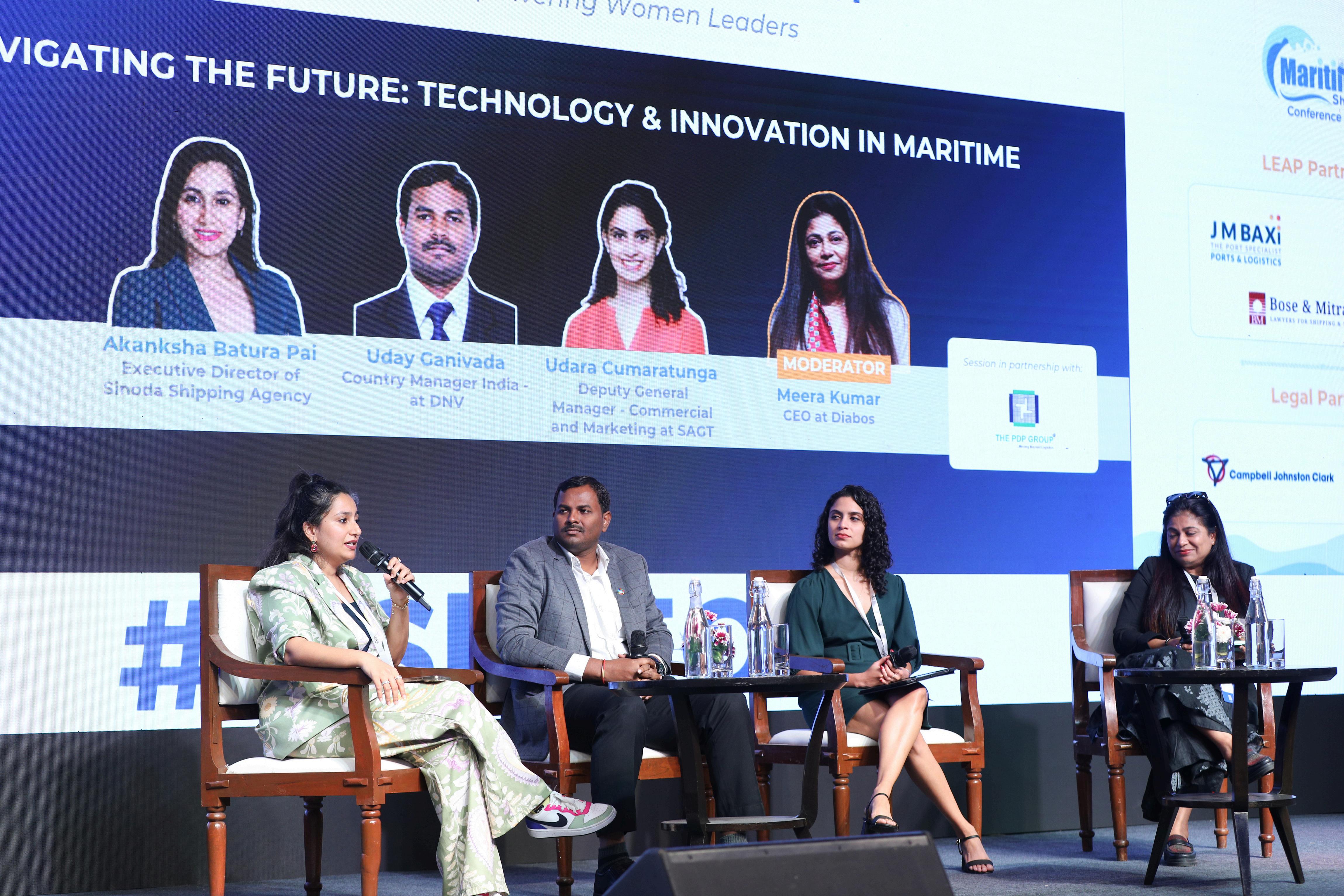

By Dr. Akanksha Batura Pai, Executive Director at Sinoda Shipping Agency Pte Ltd, Singapore
An abridged version of this article was published in the DMET Magazine from March 2025
The maritime industry has long been a cornerstone of global trade and commerce, moving approximately 90% of trade by volume. Yet, despite its importance, the industry has struggled to reflect the diversity of the world it serves. From the bridge to the boardroom, maritime remains a maledominated field, with women and other
underrepresented groups facing significant barriers to entry and advancement and remaining disenfranchised. Despite the progress made in recent years, the maritime sector still lags behind when it comes to diversity, equity, and inclusion (DEI).
The statistics are stark.
According to the International Maritime Organization (IMO), women make up only 2% of the world's seafarers, with a mere 1% holding officer positions. On shore, the numbers are slightly better, but still dismal. A 2020 survey by the Maritime HR Association found that women hold only 5% of leadership roles in the maritime industry.
These numbers are not only disappointing but also detrimental to the industry as a whole.
A LACK OF DIVERSITY LEADS TO A LACK OF INNOVATION, CREATIVITY, AND PROBLEMSOLVING; MARITIME COMPANIES


The Business Case for DEI Research has shown that diverse companies outperform their less diverse peers, with higher revenue growth, greater innovation, and better decision-making.
McKinsey’s decade-long research is published in their Diversity Matters series of reports and among many other business benefits of DEI, McKinsey reports that companies with representation of women exceeding 30% (and thus in the top quartile) are significantly more likely to financially outperform those with 30% or fewer.
Companies in the top quartile for board-gender diversity are 27% more likely to outperform financially than those in the bottom quartile.
In maritime, where adaptability and creativity are crucial, the benefits of DEI are particularly pronounced, yet untapped.


Women often face a unique set of challenges that prevent them from advancing in their careers. A unique yet pressing challenge is the one of the perception of female leadership.
According to Kantar Public, across the G7 nations - Canada, France, Germany, Italy, Japan, UK and USA - fewer than half of respondents (47%) said they were “‘very comfortable” having a woman as CEO of a major company in their country, a figure that has declined significantly from the year prior. Men were significantly more likely than women to be critical of a female leader, and one in 10 respondents said that they would explicitly not be comfortable with a female CEO.
Another undoubtedly significant obstacle is the burden of caretaking obligations – from childcare to eldercare. Women are often expected to take on more family responsibilities, making it difficult to balance work and personal life. According to the Institute for Women’s Policy Research, the penalties for taking time out of the workforce are high: For women who took just one year off from work, their annual earnings were 39% lower than women who worked all 15 years between 2001 and 2015.
And of course, mothers have it worse.
According to Forbes, while 75% of expecting moms say they are excited to go back to work after giving birth, 43% end up leaving the
workforce altogether.
But you know what the irony is?
It is well reported that approximately 70% of high school valedictorians are girls. Despite outperforming their male counterparts up till a certain age, women's representation in the workforce dwindles afterward. This alarming trend is largely attributed to the lack of adequate childcare support, which forces many women to choose between their careers and family responsibilities, ultimately leading to a substantial waste of talent and potential.
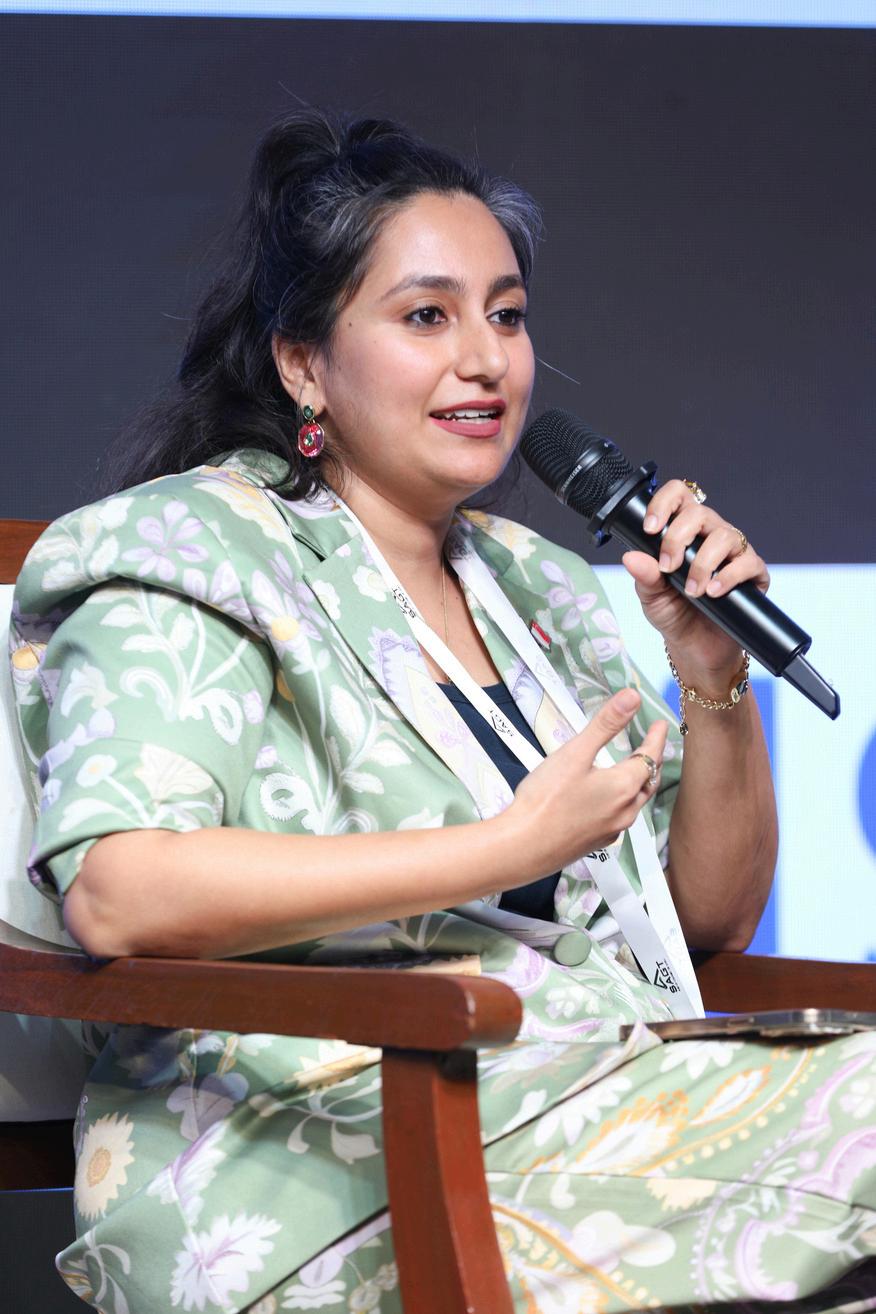
Even if women stay in the workforce, there are still many other variables generally stacked against them. Another issue facing women is the prevalence of the dreaded “imposter syndrome”.
Despite their qualifications and experience, women often feel like they don't belong or that they're not good enough. This can lead to a lack of confidence and a reluctance to take on leadership roles.
According to Collective For Equality, female success is often attributed to outlying factors such as looks and cunning instead of their hard work and abilities. Successful women are also often expected to remain "humble" in the face of success, downplaying their achievements and giving credit to others. Such perceptions reinforce the stereotypes and biases that affect the role and contributions of women in the workplace, which can result in inferiority complexes and the discounting of success.
An often overlooked and underestimated barrier to entry for underrepresented groups in maritime is a lack of visibility and role models.
WHEN PEOPLE DON'T SEE THEMSELVES REFLECTED IN AN INDUSTRY, THEY'RE LESS LIKELY TO CONSIDER IT AS A CAREER OPTION.

In fact, it's not just about numbers; it's about visibility and voice.

Even when women are part of a company, they may be hesitant to self-promote or may be denied opportunities to speak up and represent their organization. This perpetuates a culture of invisibility, where women's contributions and perspectives are marginalized.
So, is that it… Is the future just bleak?
Not if we act. Here’s how you can support DEI in the industry:
Educate Yourself
Understand the challenges underrepresented groups face. Read reports, attend events, and talk to women and minorities in maritime to hear their perspectives.
Speak Up
Amplify marginalized voices. Attend DEI events, celebrate


women's achievements, and foster inclusive meetings by ensuring everyone is heard and recognized.
Support DEI-focused initiatives, implement inclusive workplace policies, and offer flexible work options to support broader participation. Encourage women to join networks like WISTA and participate in mentorship programs. Contribute to surveys like the IMO-WISTA Women in Maritime Survey to help guide change.
Show your commitment through your actions. Refuse all-male panels and push for speaker diversity. Use resources like the Maritime Speakers Bureau to find qualified female voices. Even IMO’s Secretary-General leads by this principle.
A trailblazer is someone who has the ability to alter the behaviour of others by leading change - through actions and advocacy.
Be a trailblazer.
Creating a more diverse, equitable, and inclusive maritime industry will not be easy, but it is essential. It will involve a multi-faceted approach – from recognizing the business benefits of DEI to making uncomfortable adjustments, and from challenging our own stereotypes to letting go of our own pre-concieved notions of women. Nevertheless, we can chart a new course for our industry – one that reflects the diversity of the world we serve and unlocks our full potential.
I would like to end this article with a powerful and thought-provoking quote by Singapore’s First Lady Ms. Jane Ittogi - “If women were truly, fully and equally represented in all aspects of society, the world would certainly not be in the sorry state it is now.”
